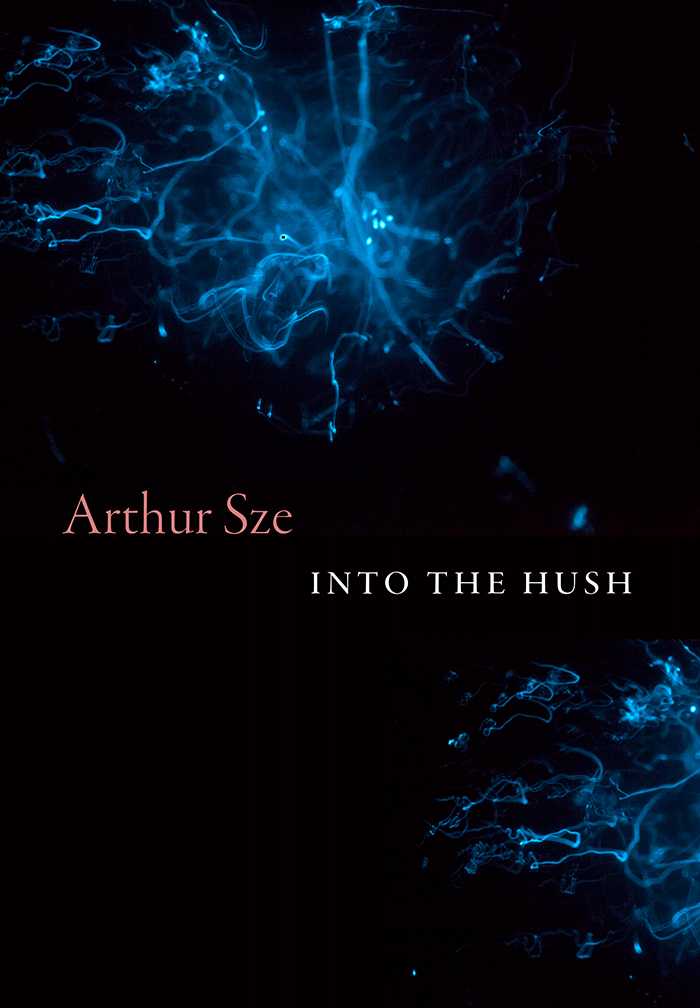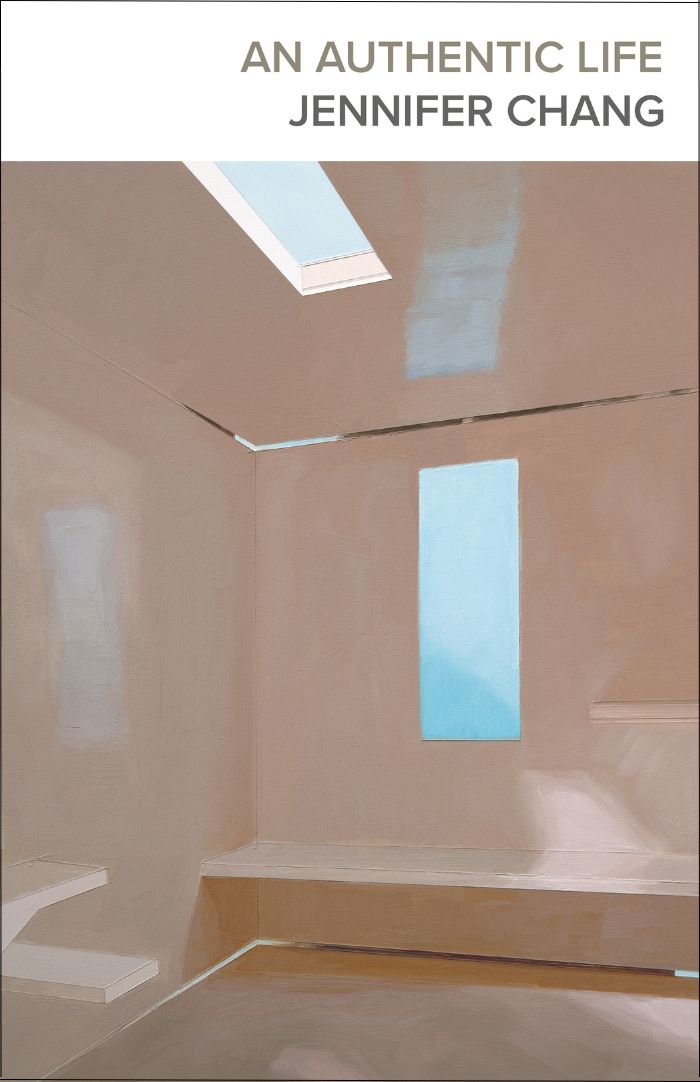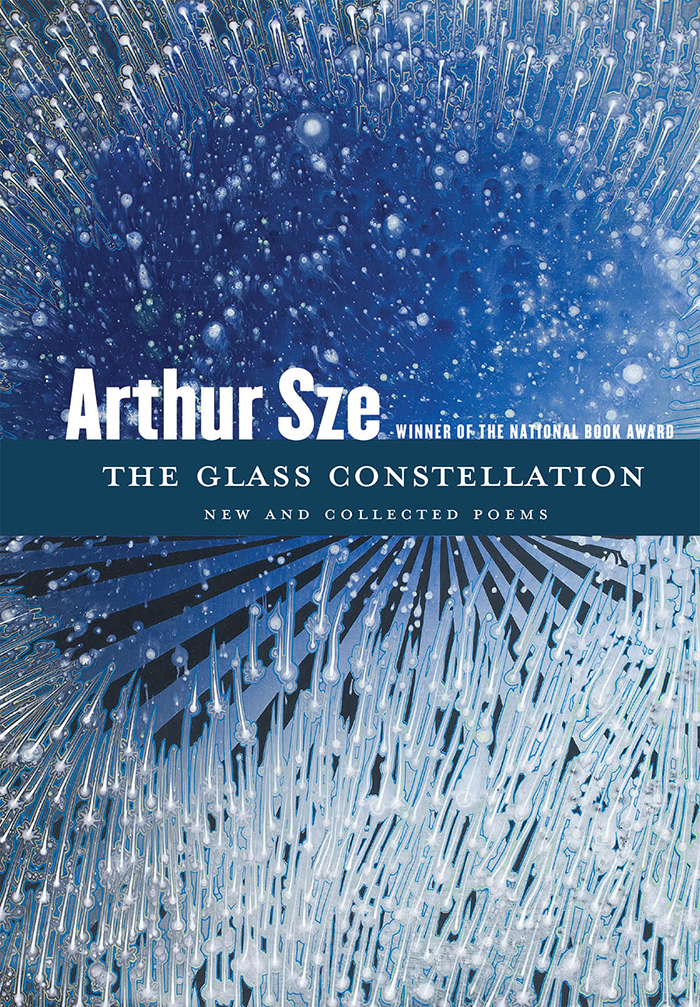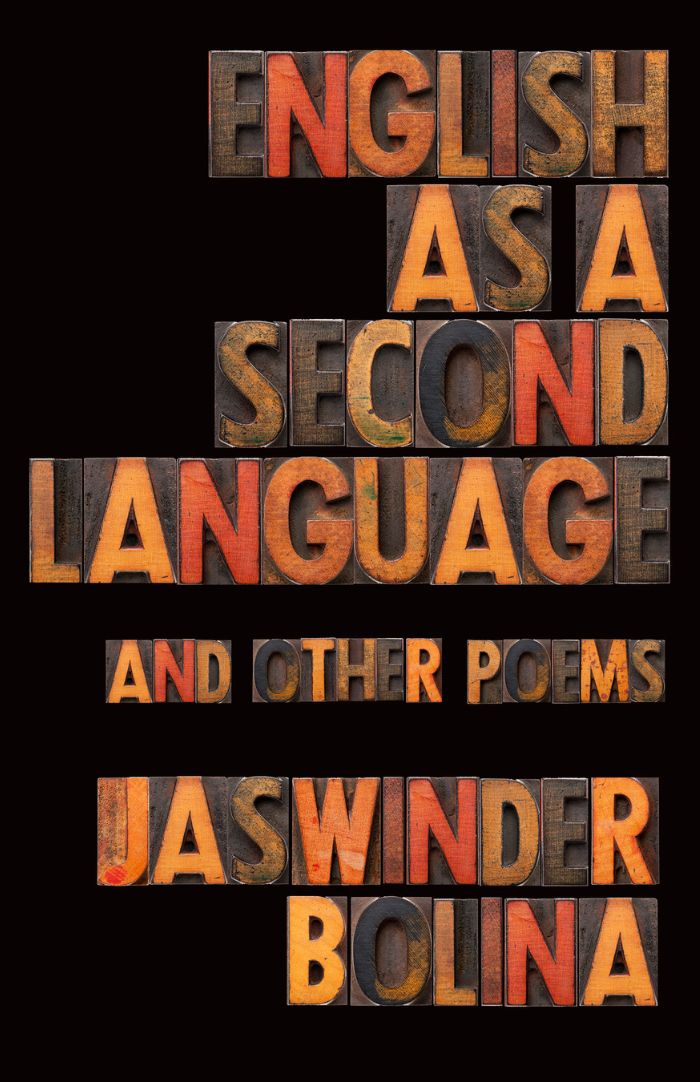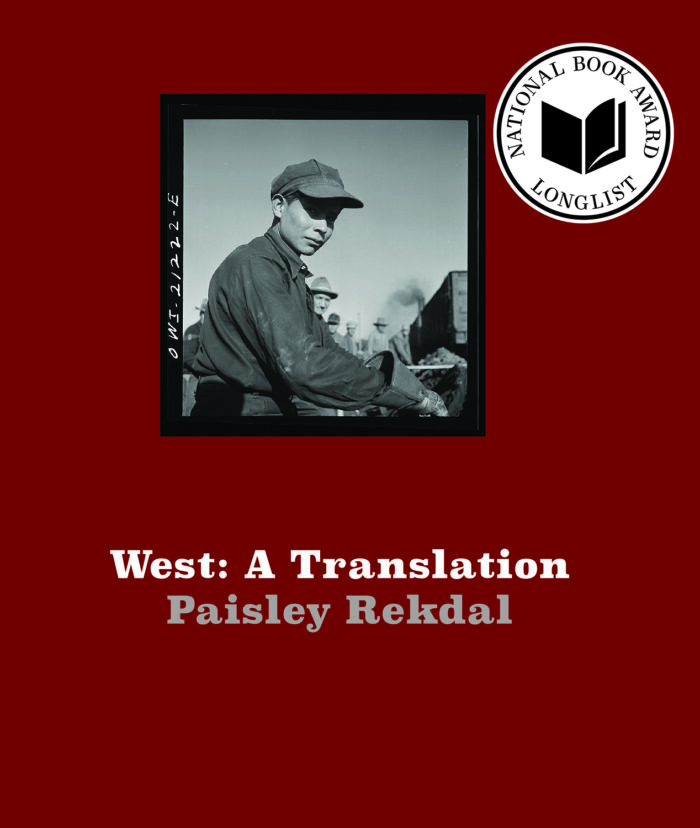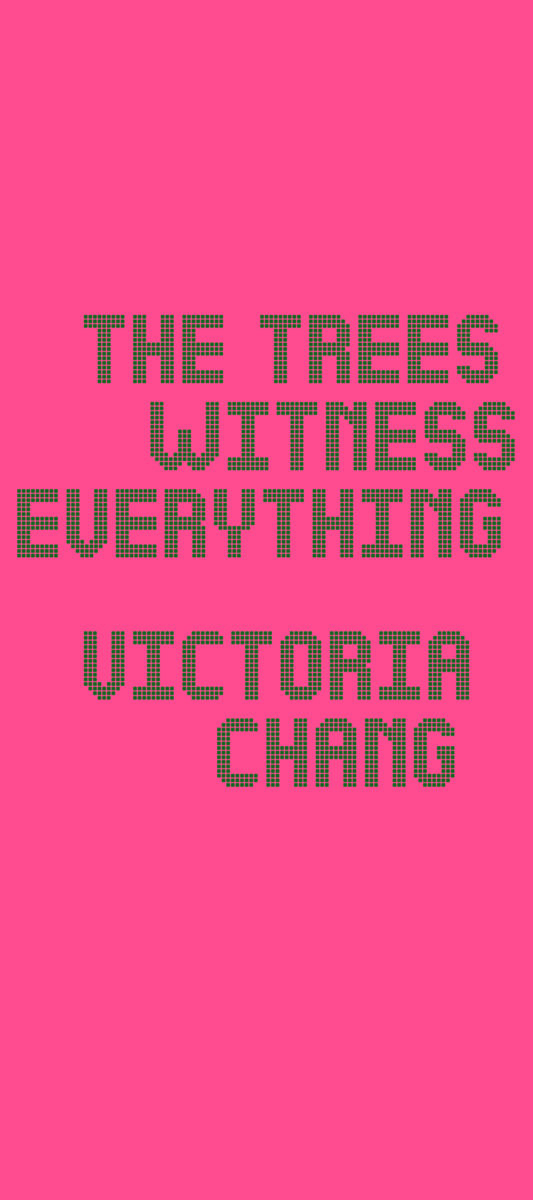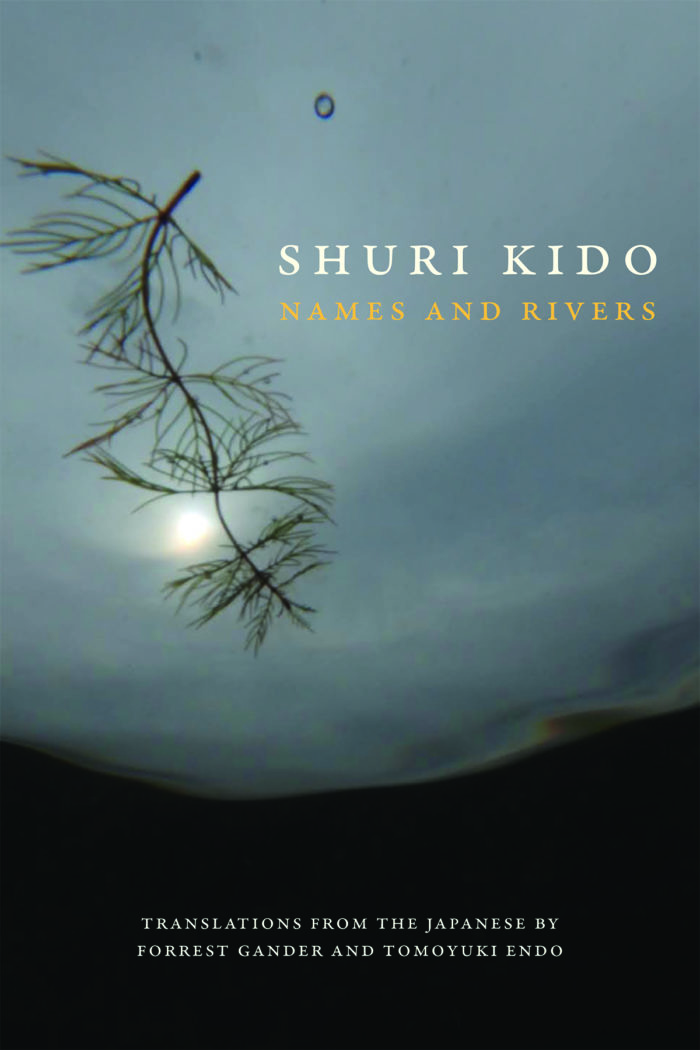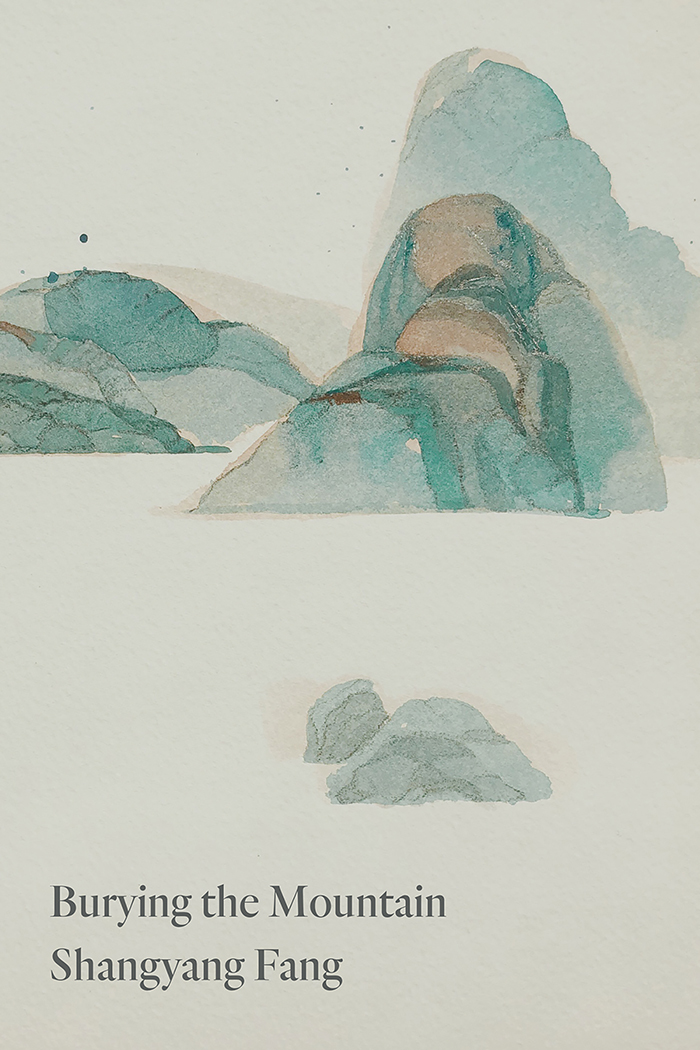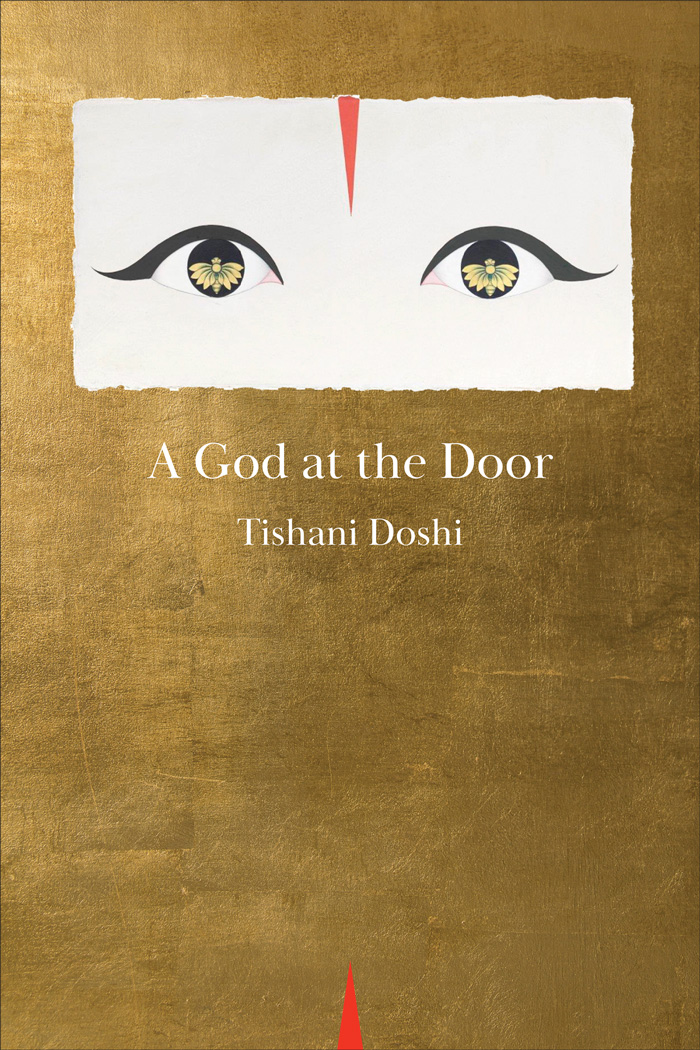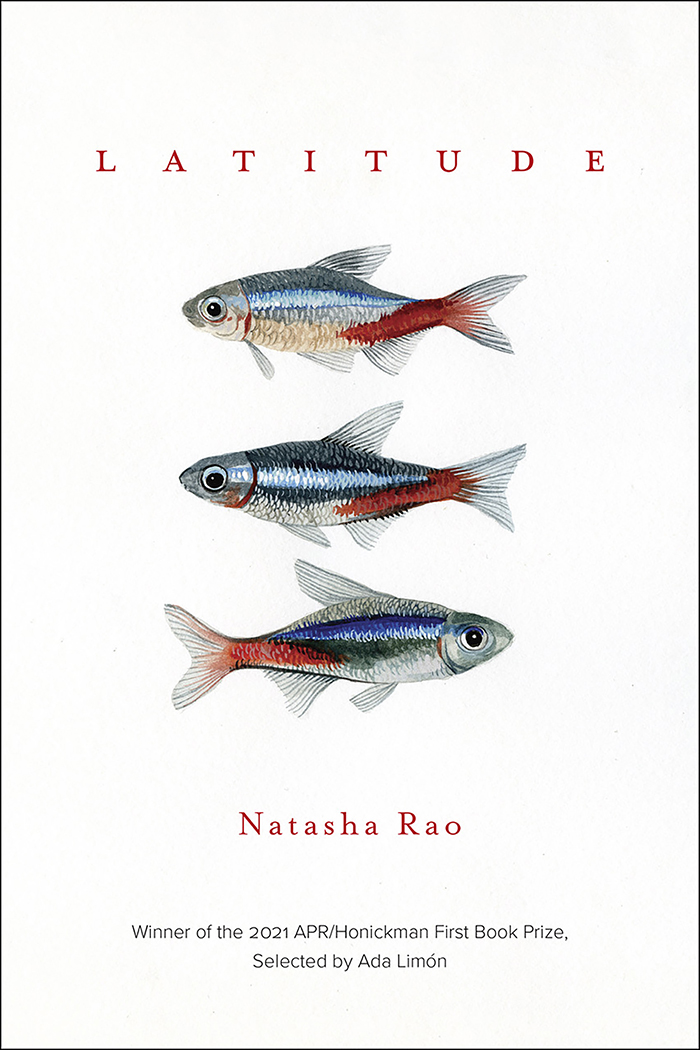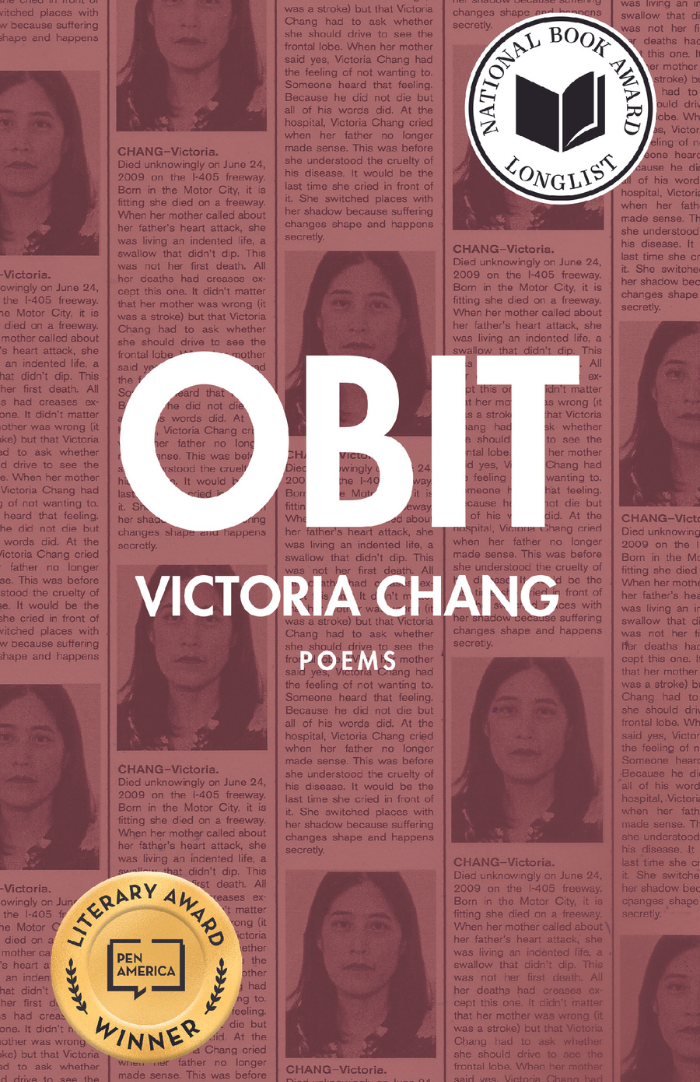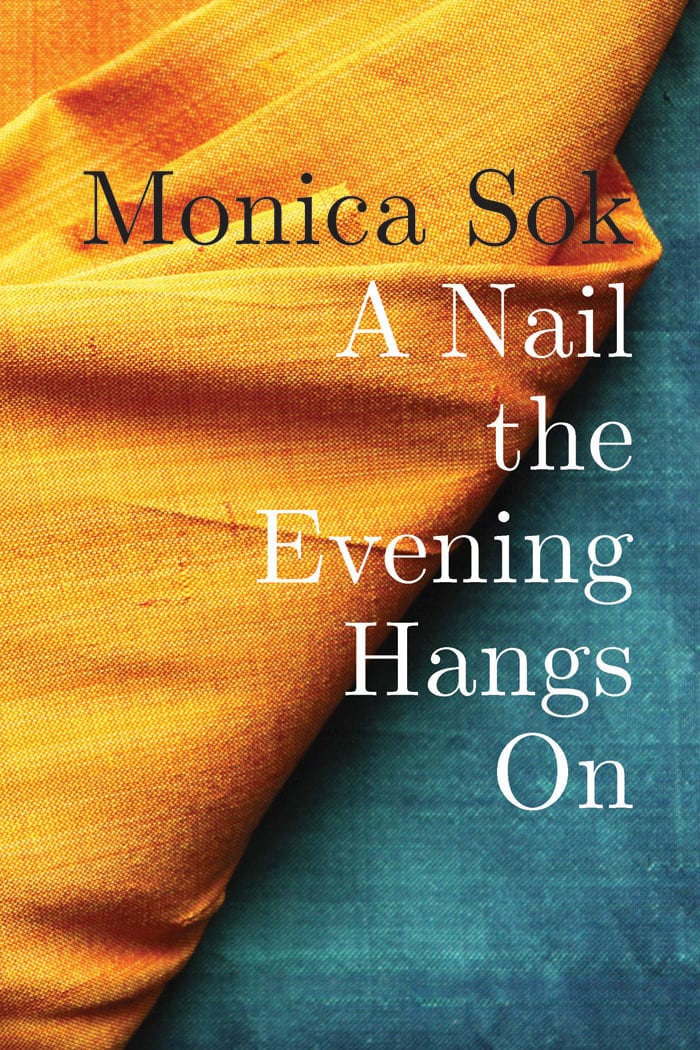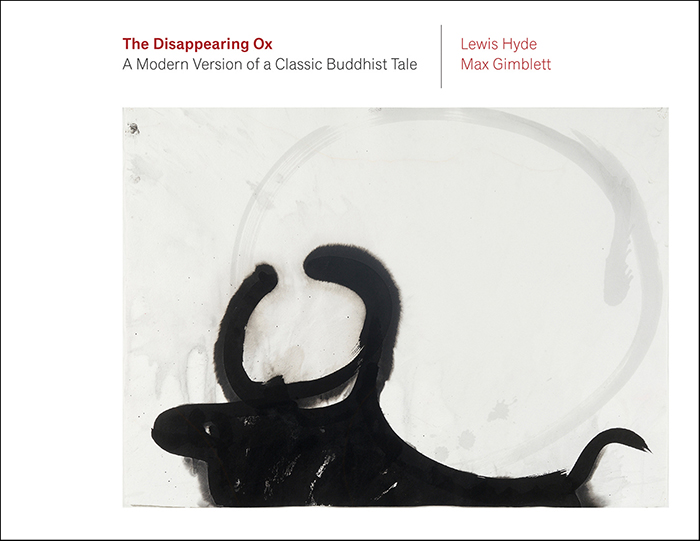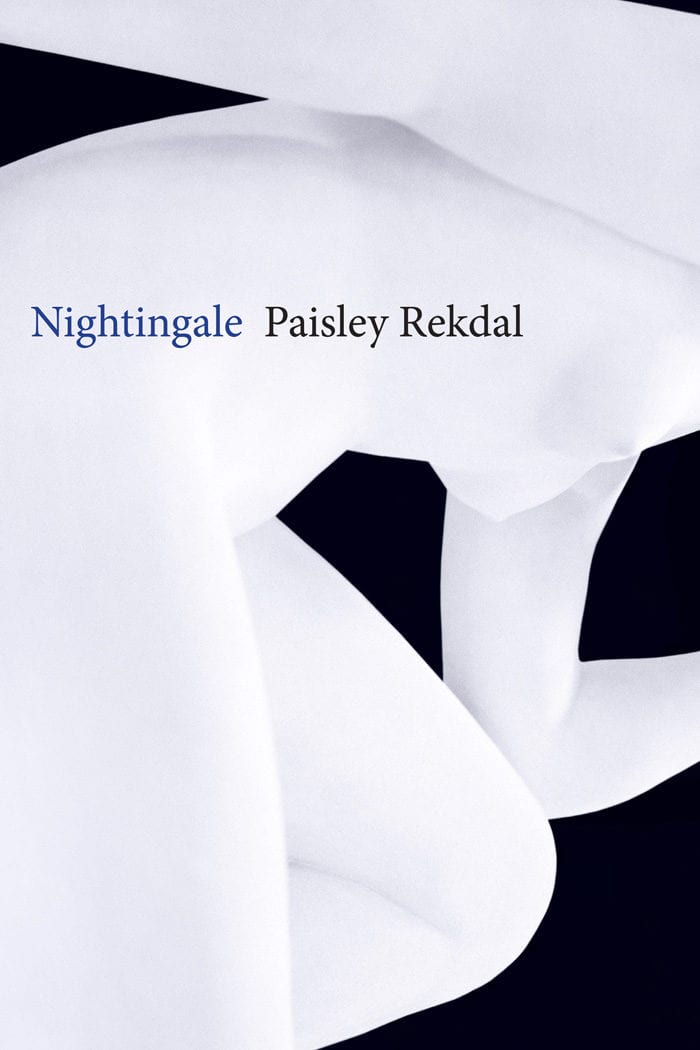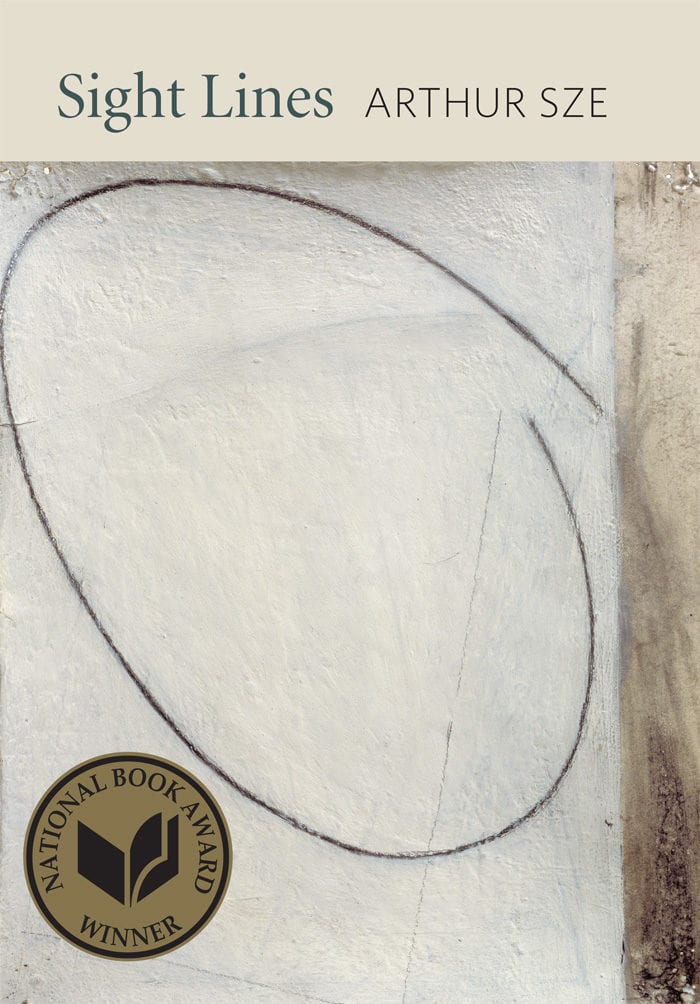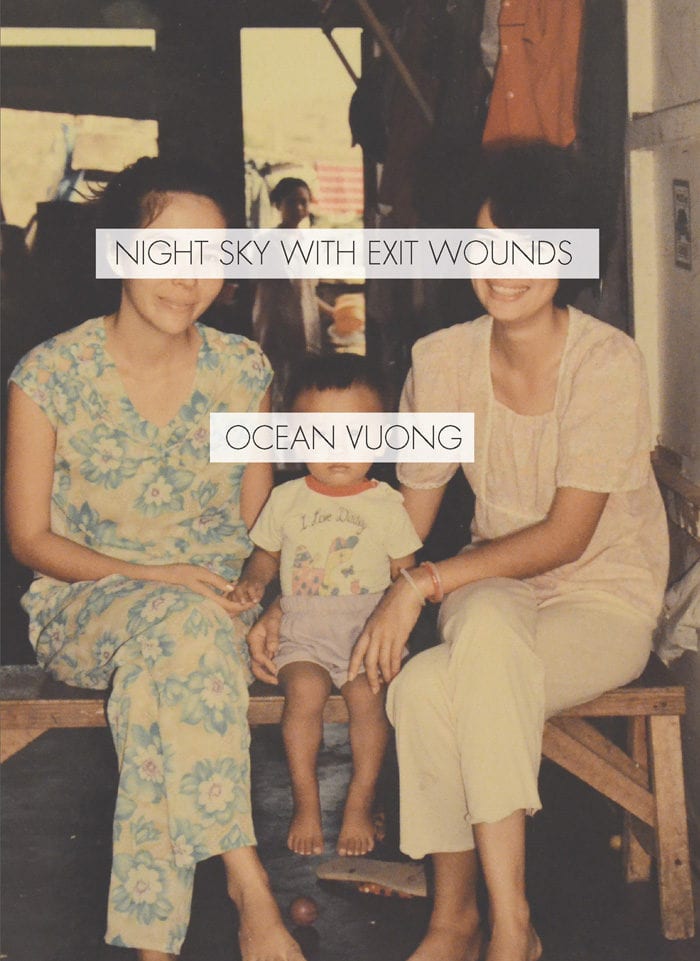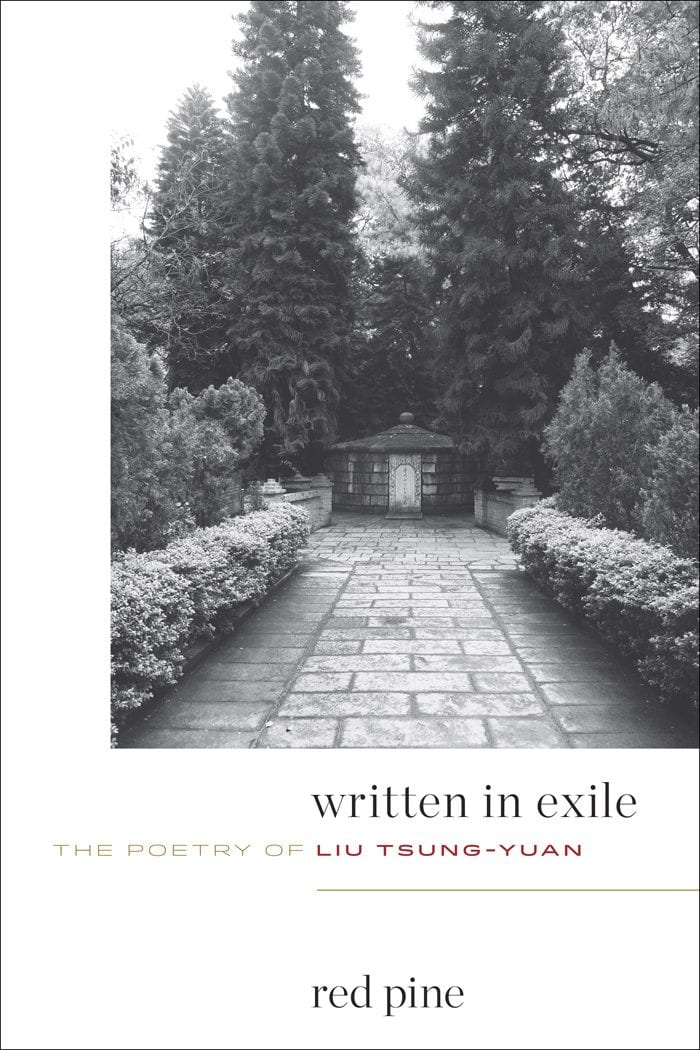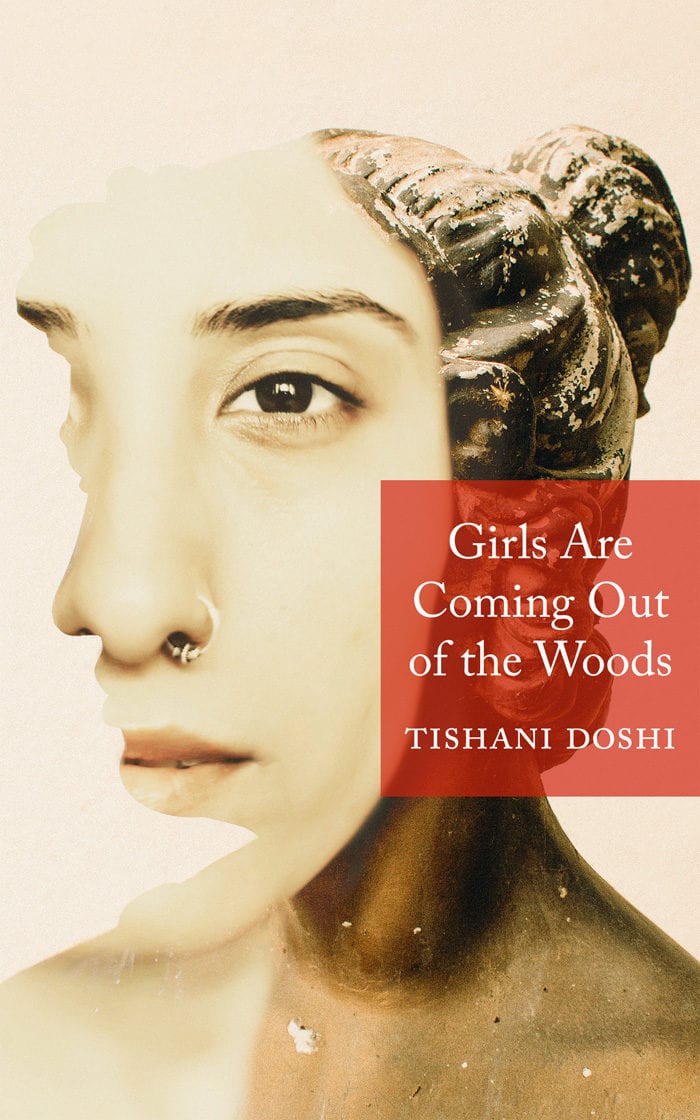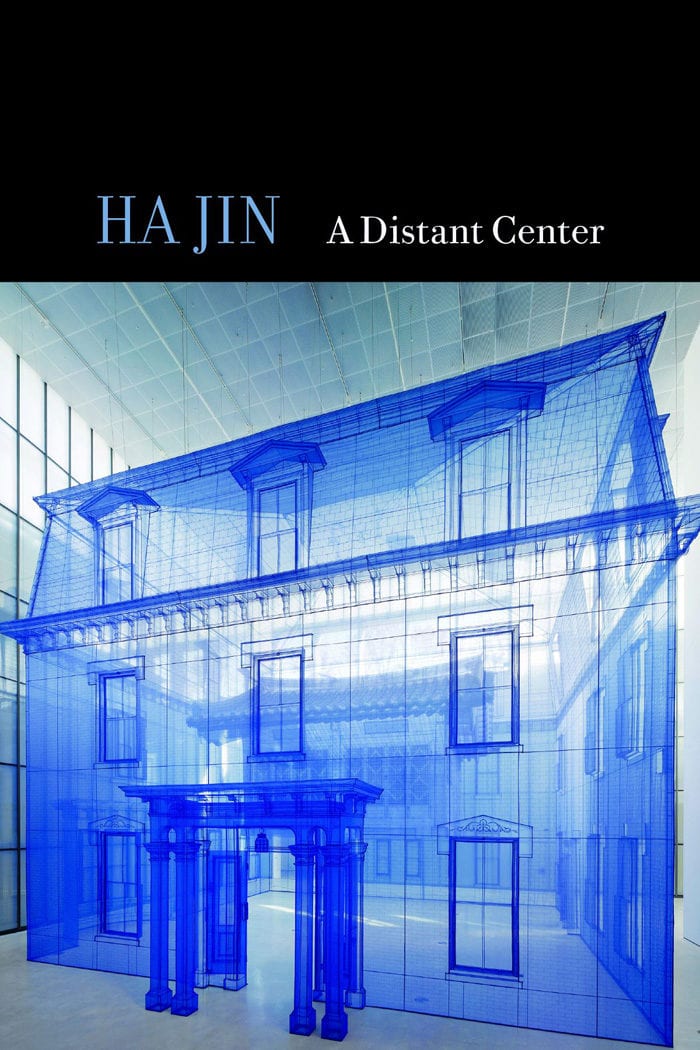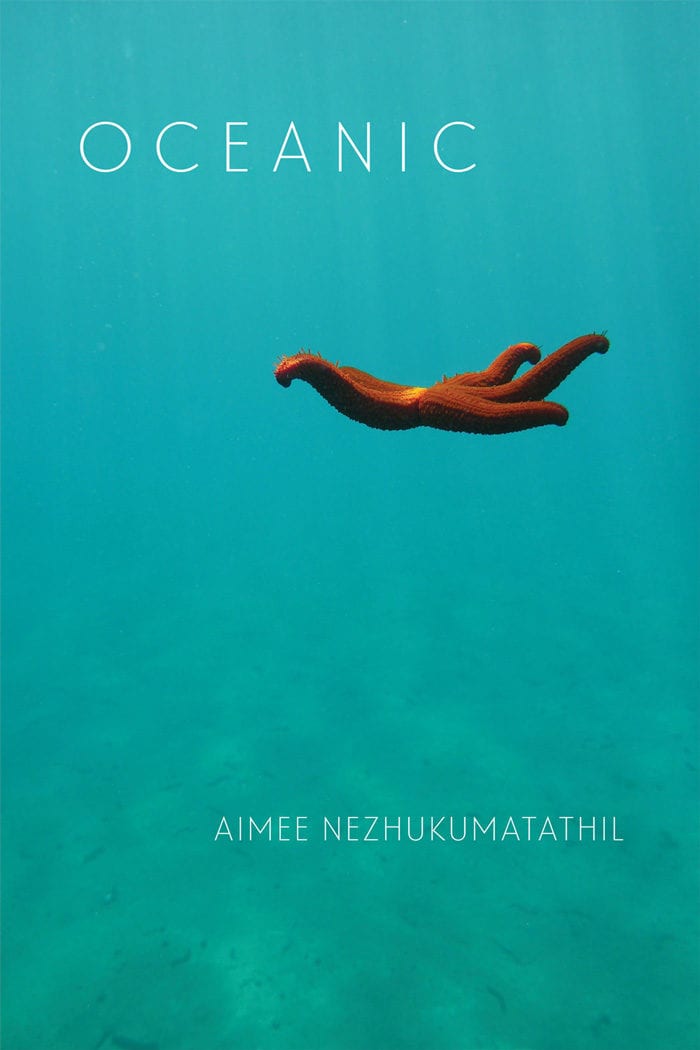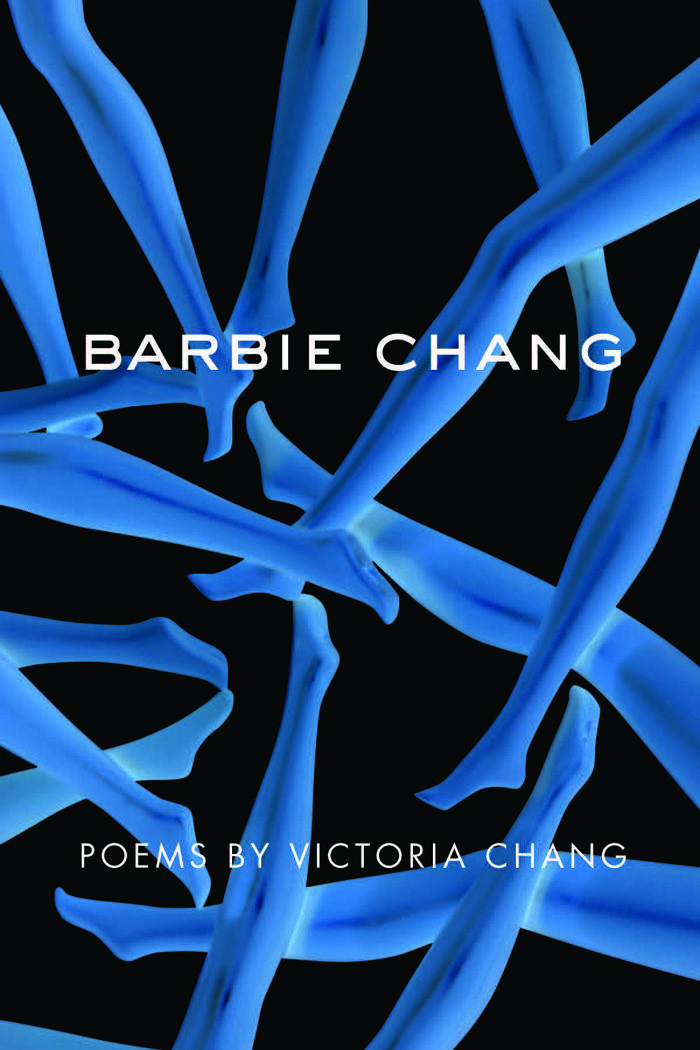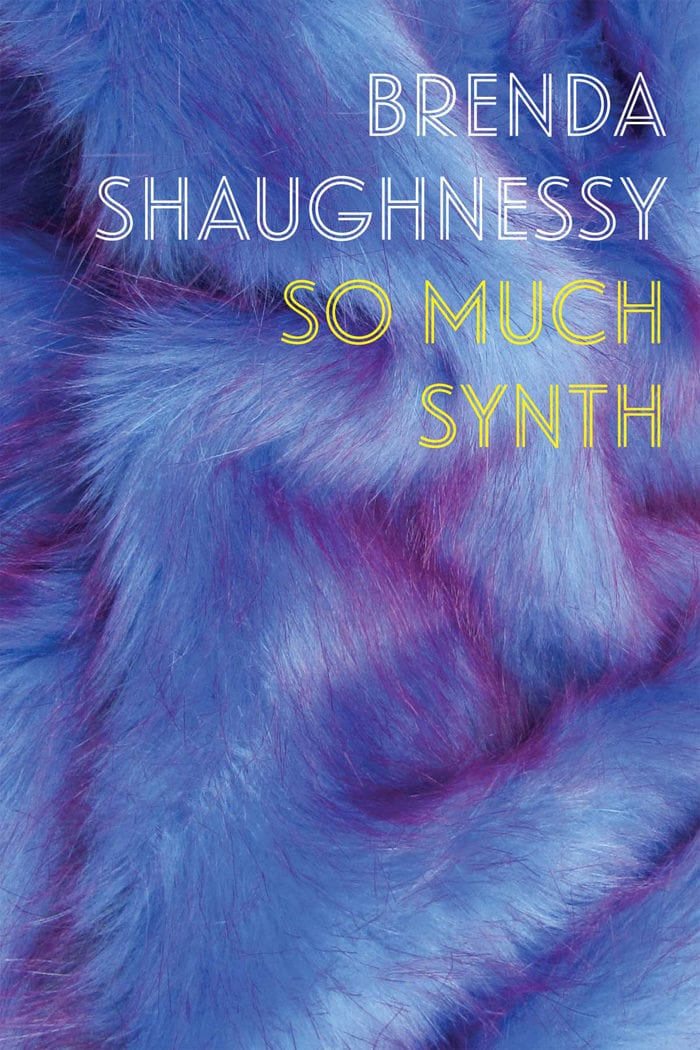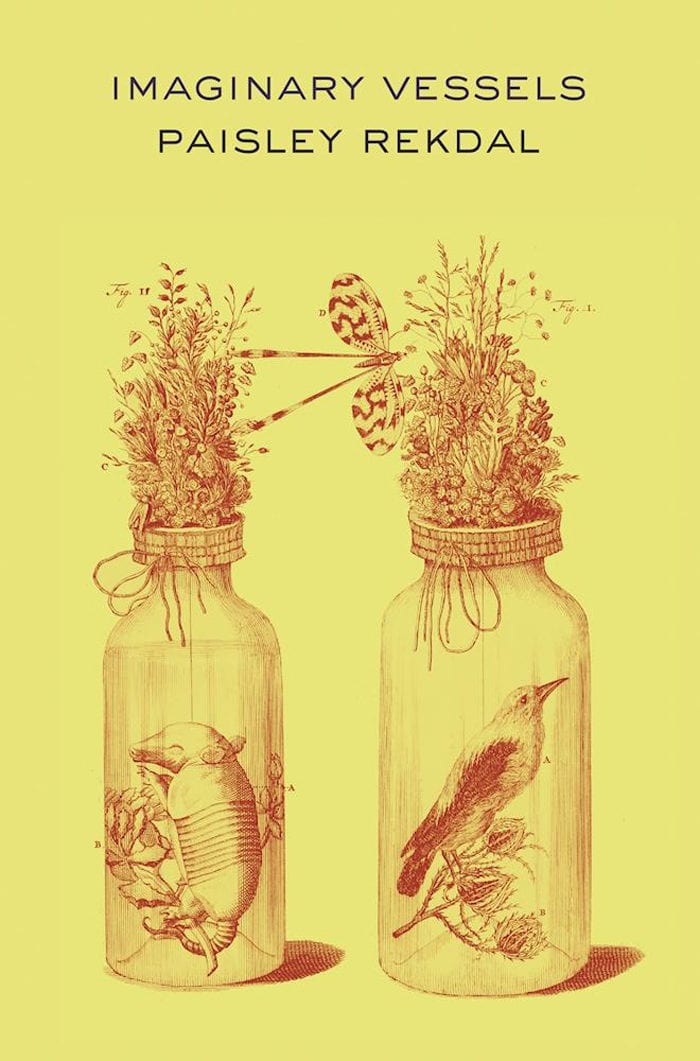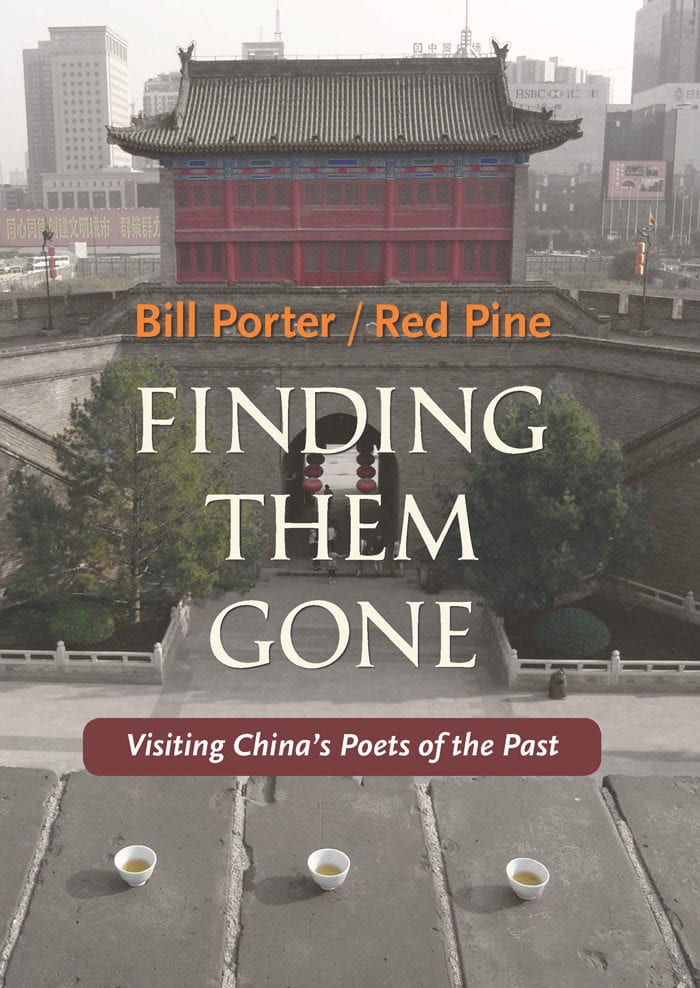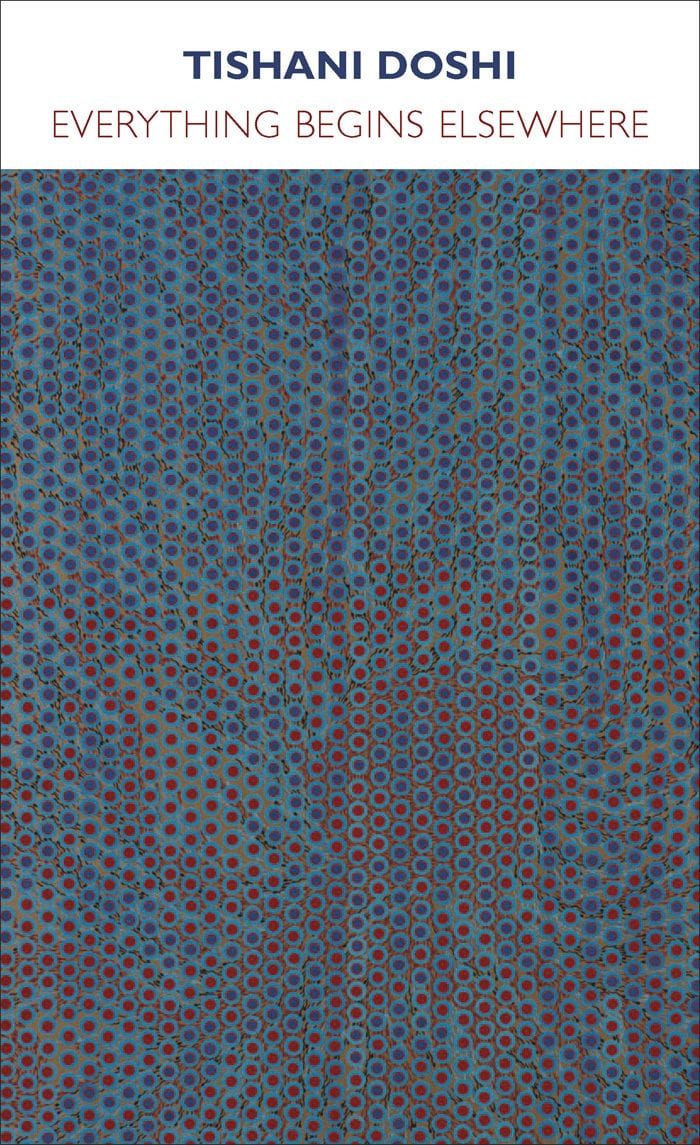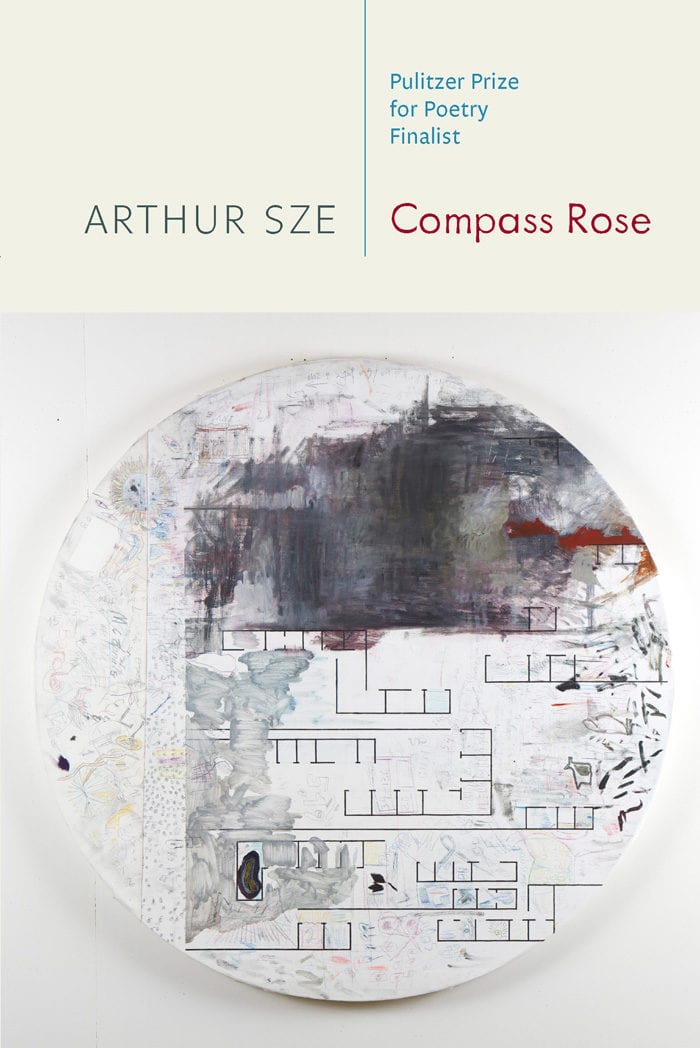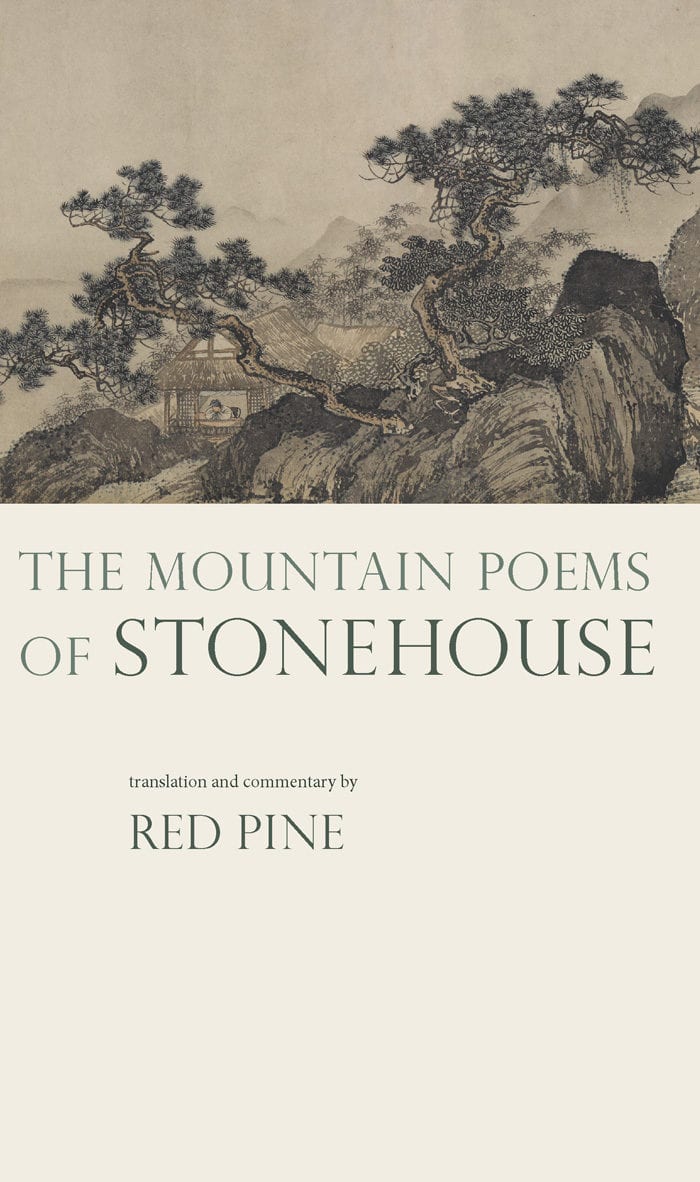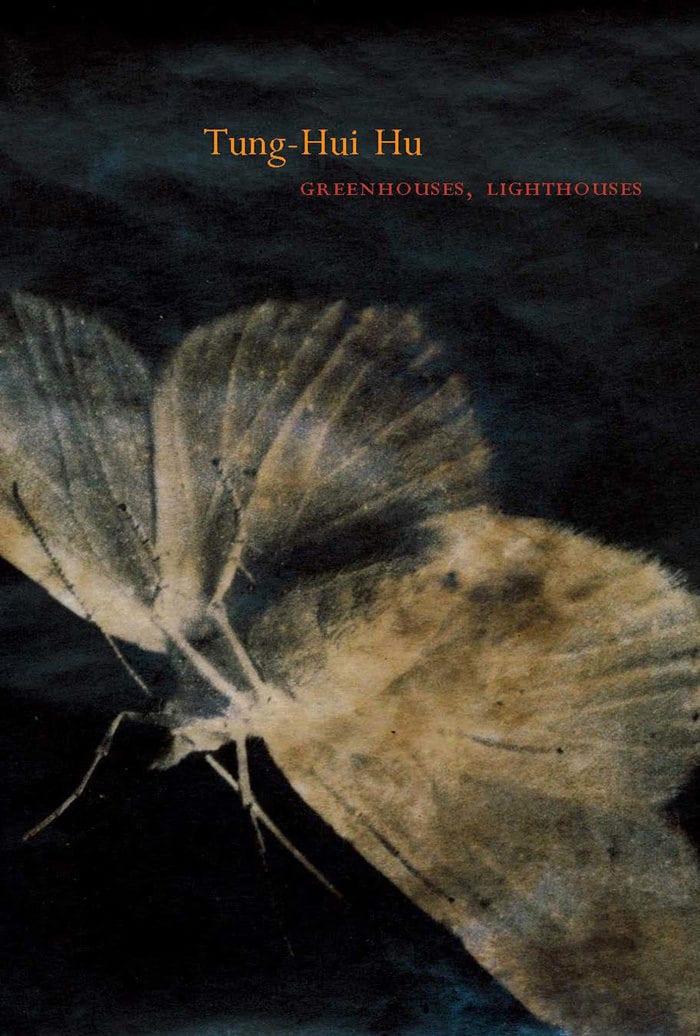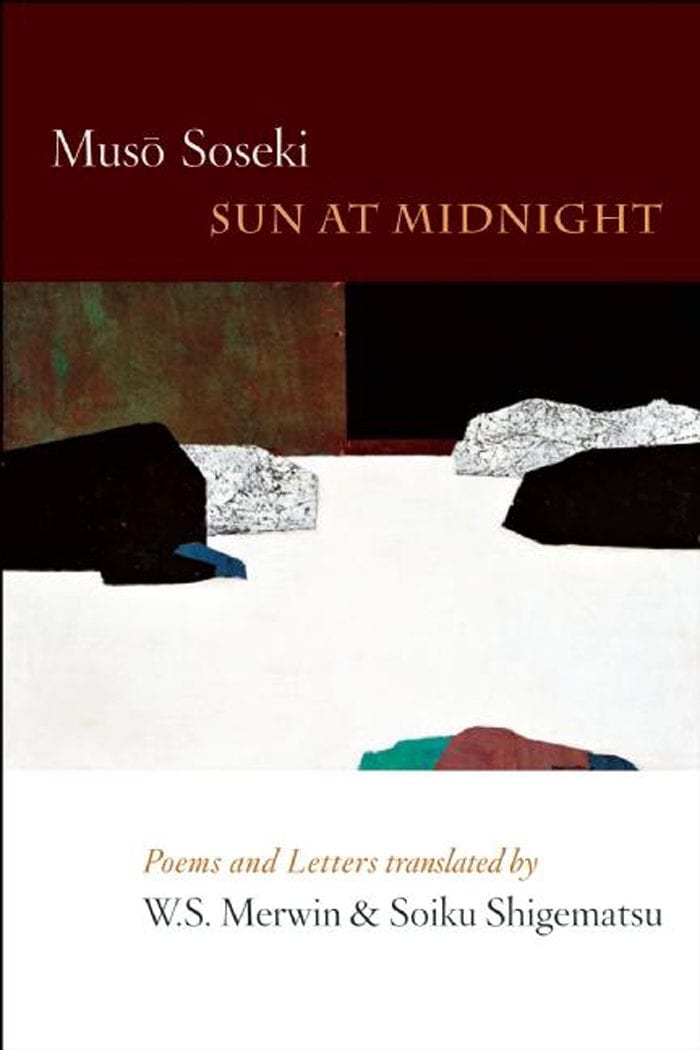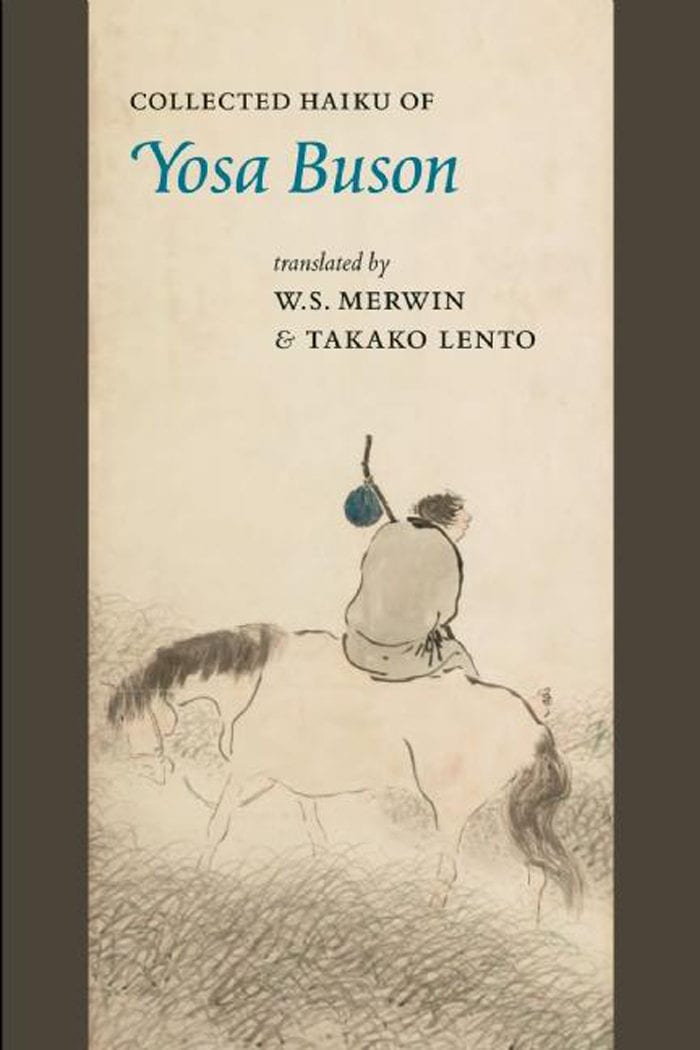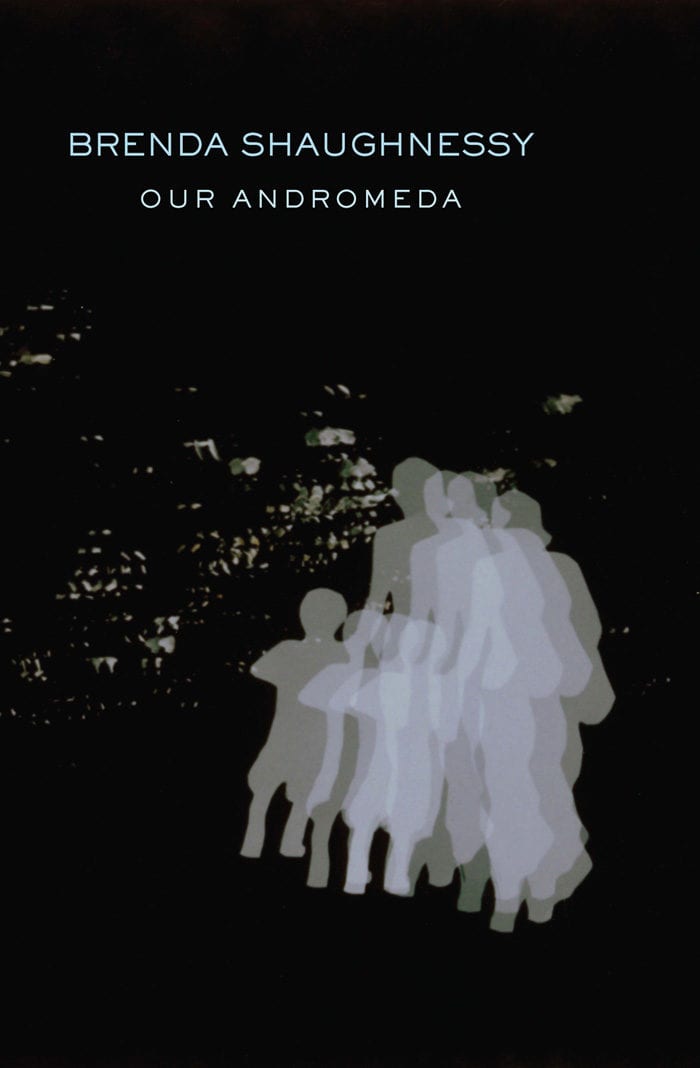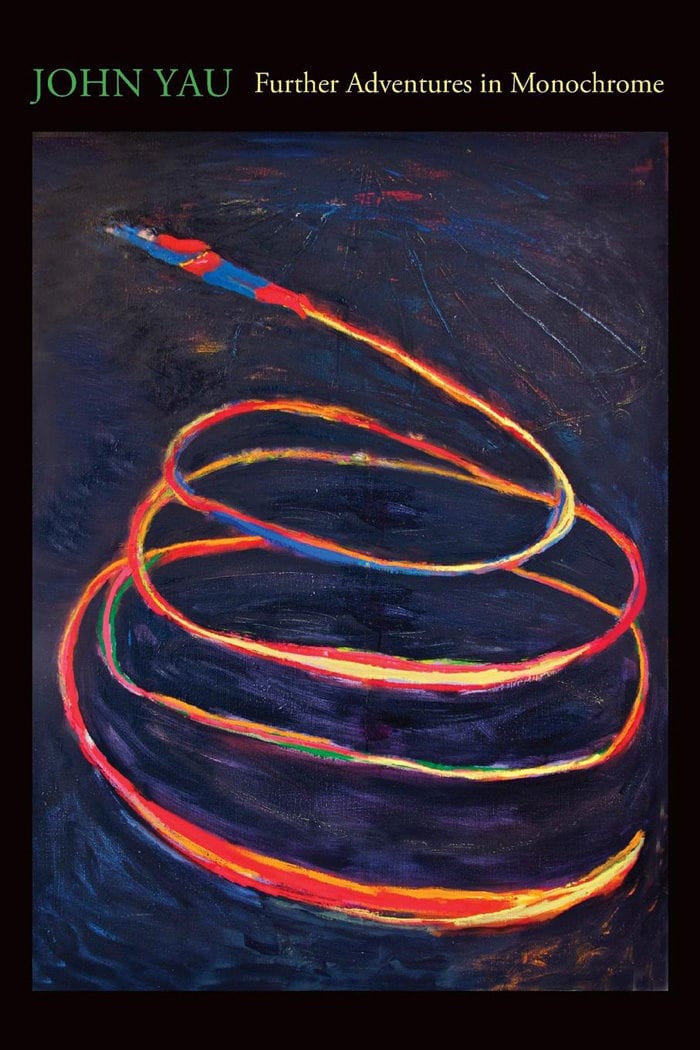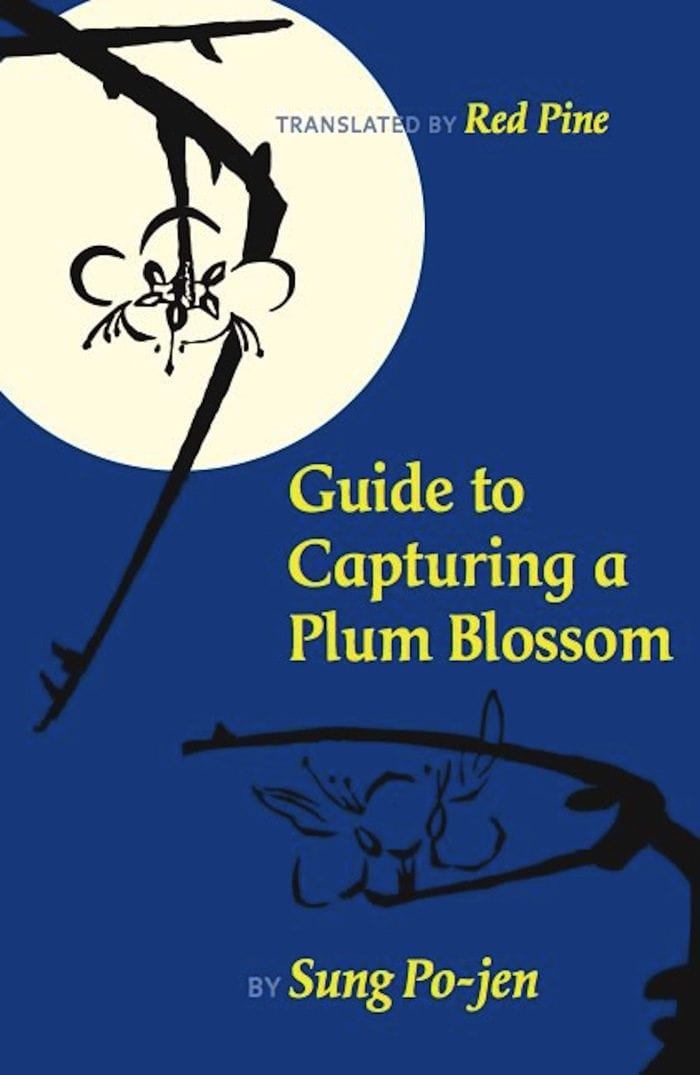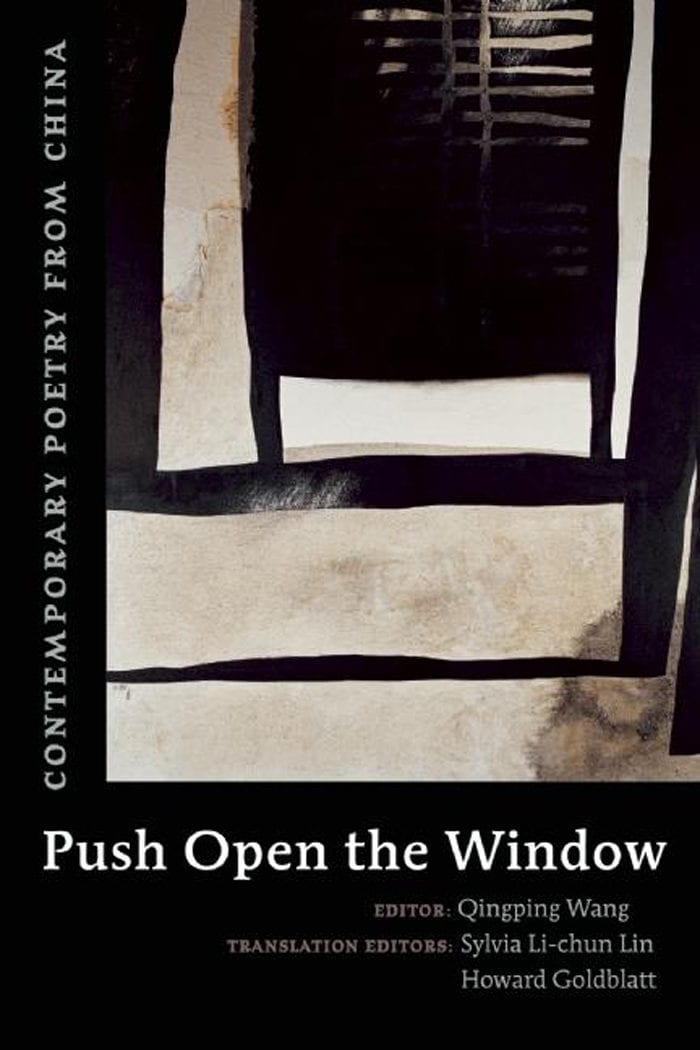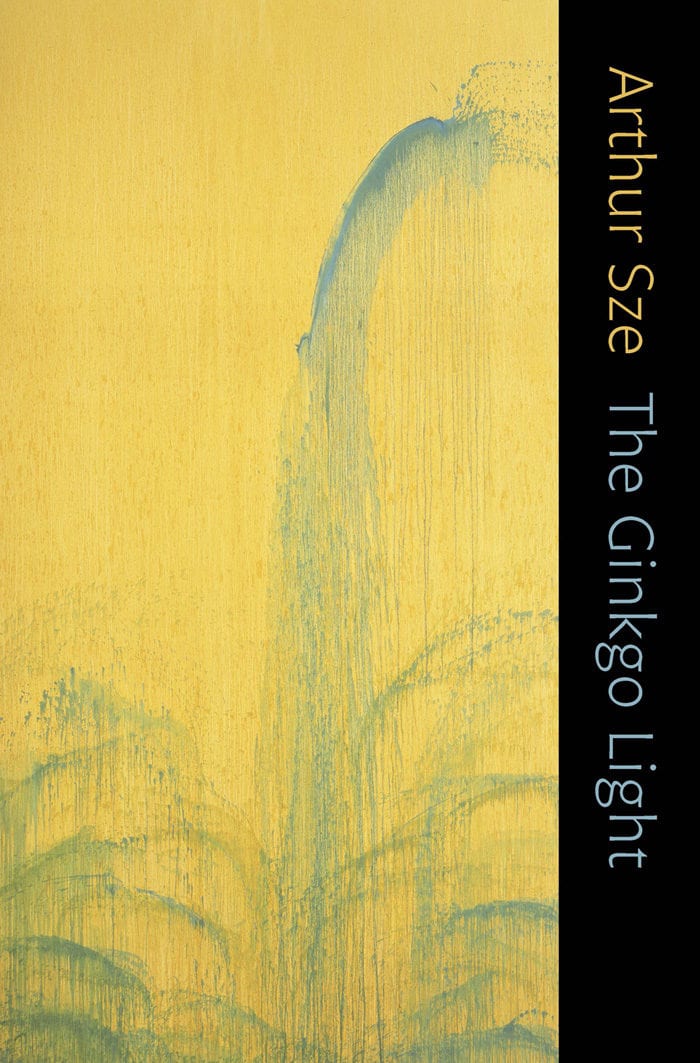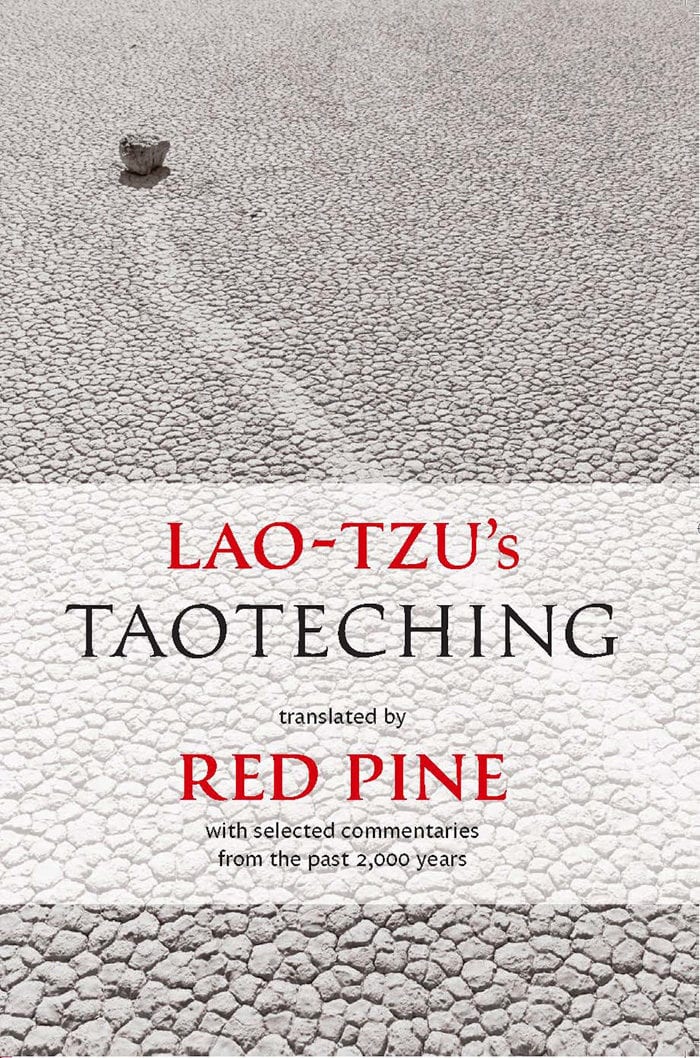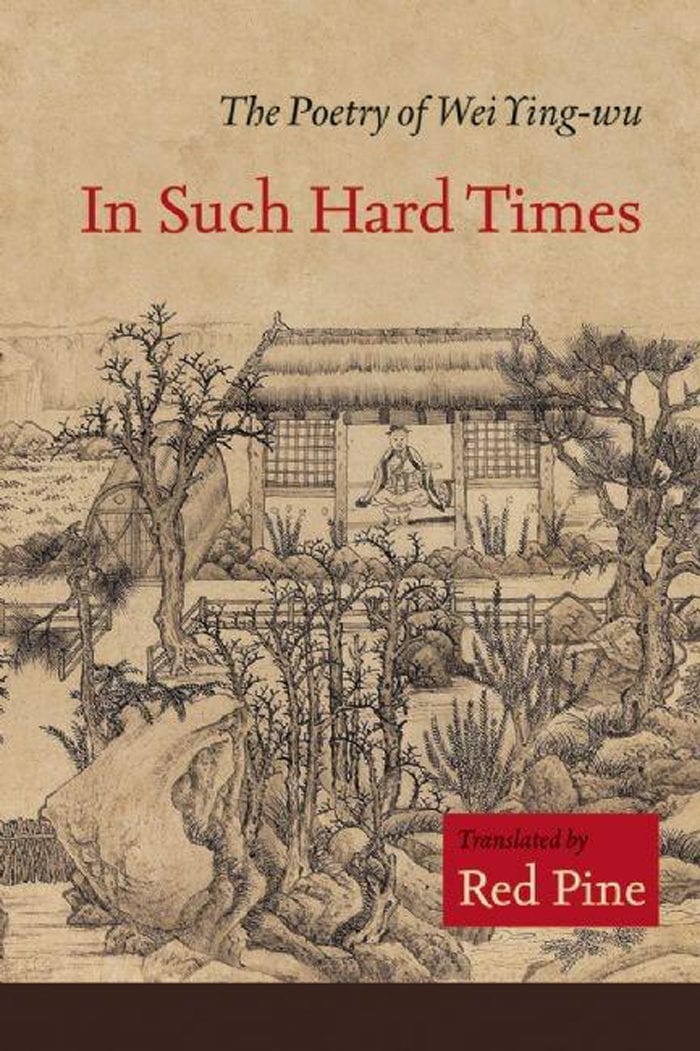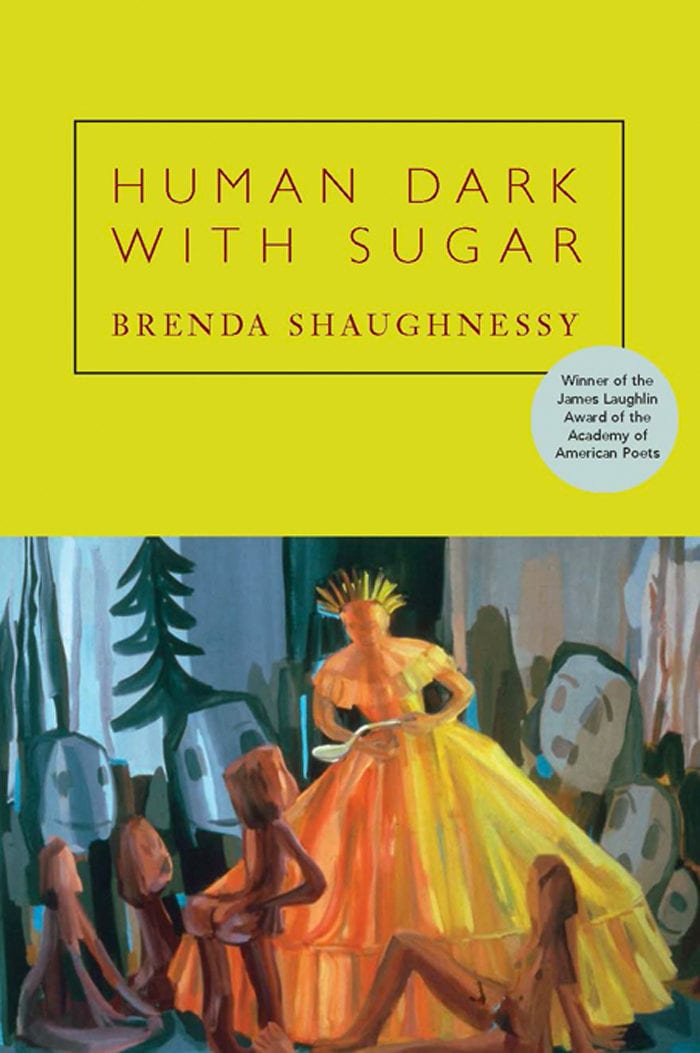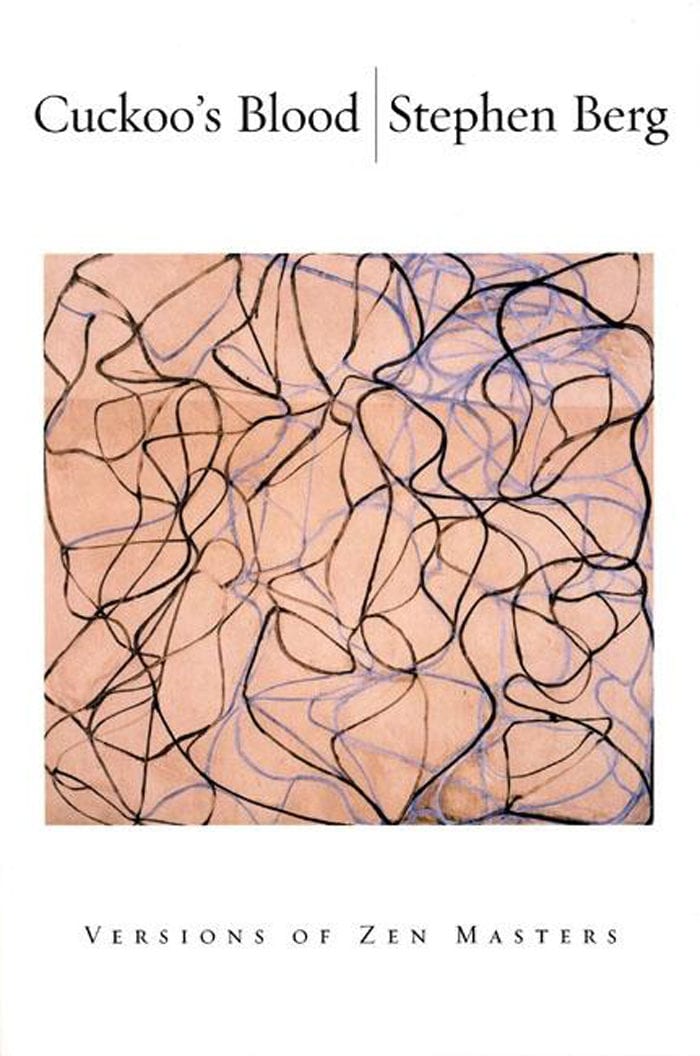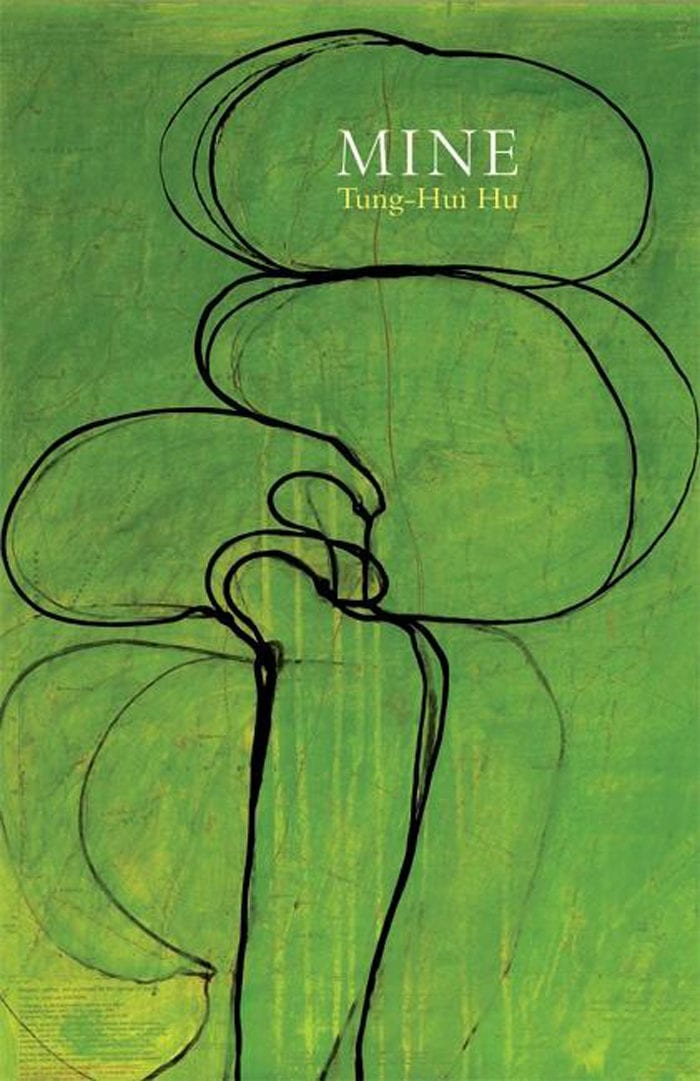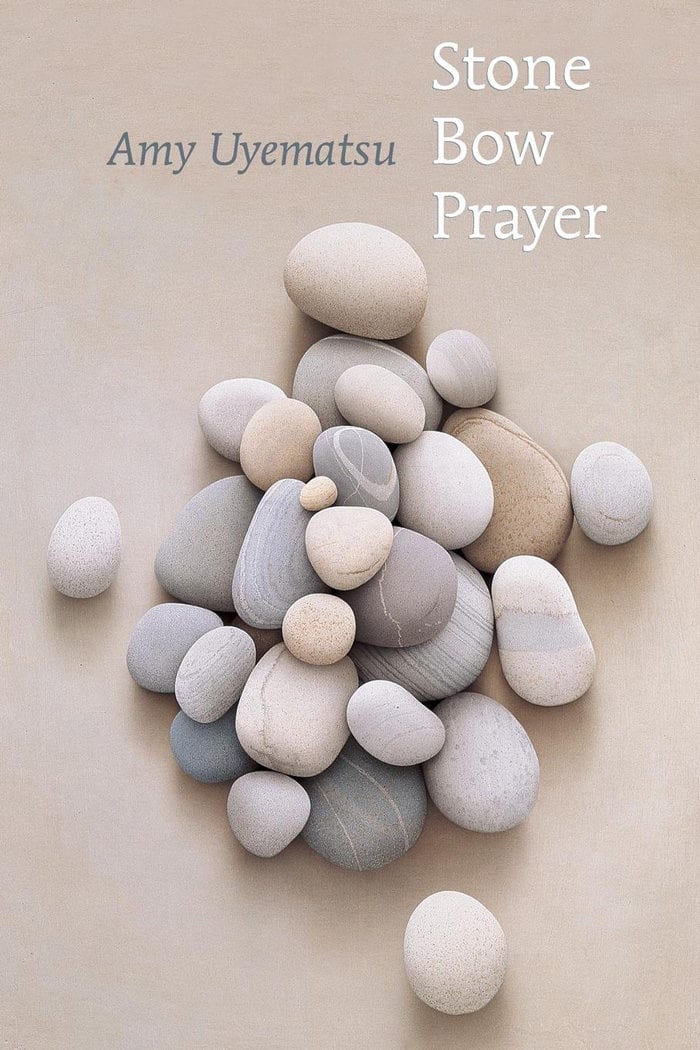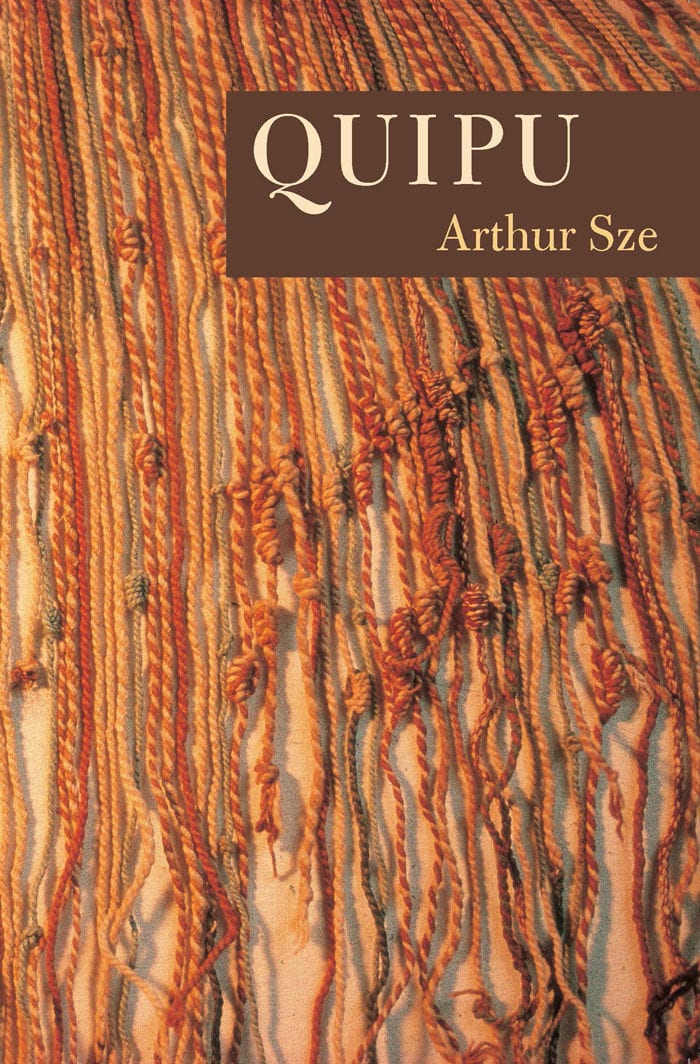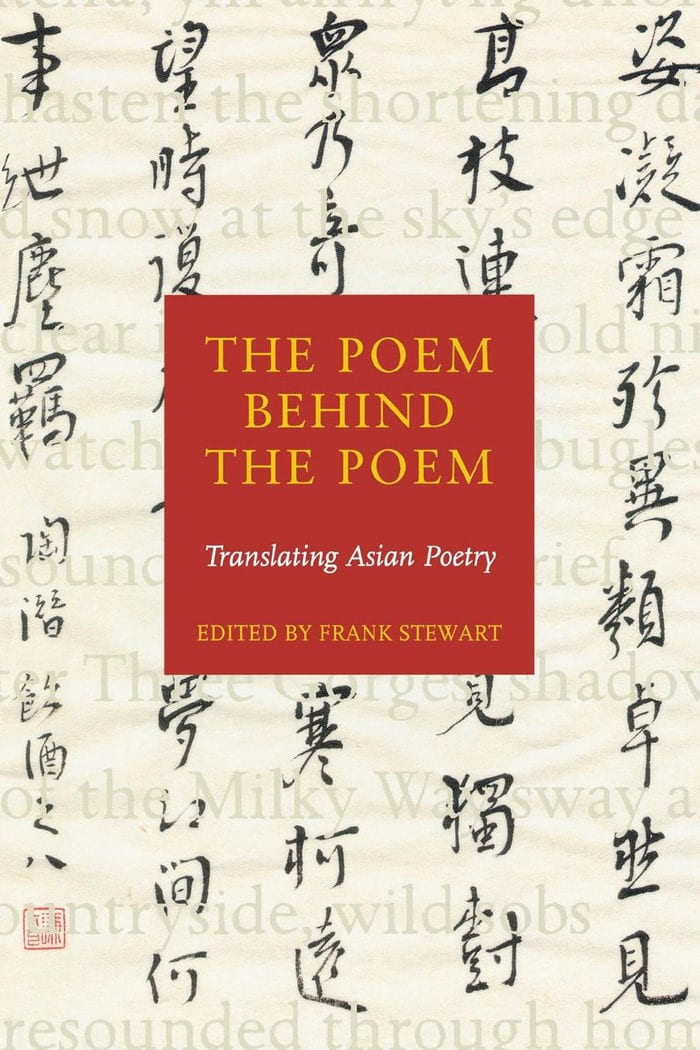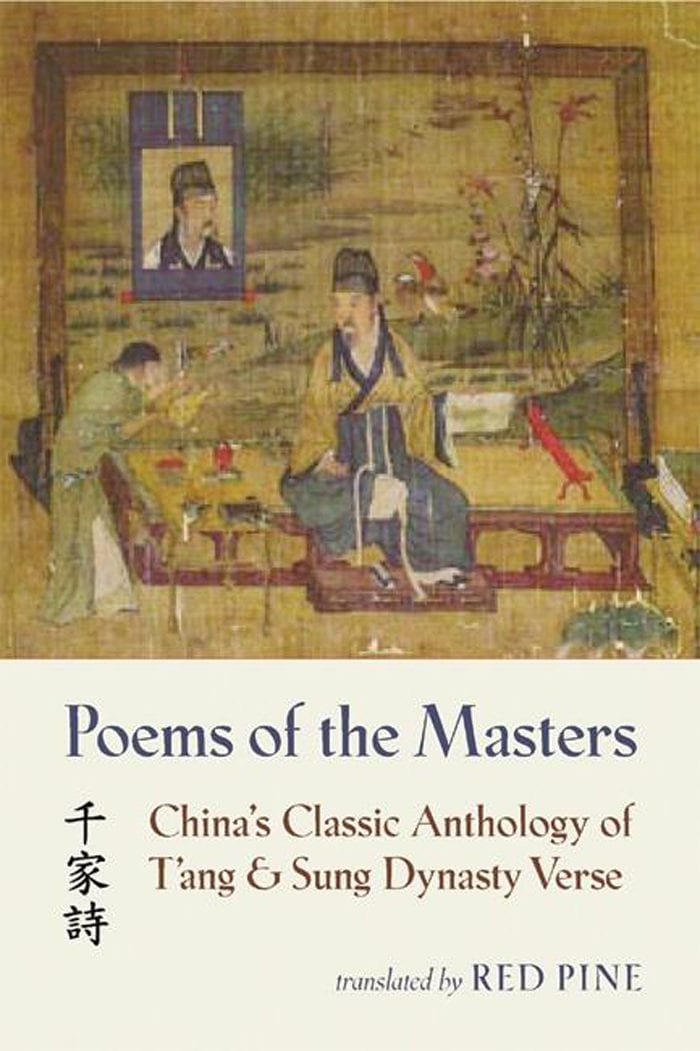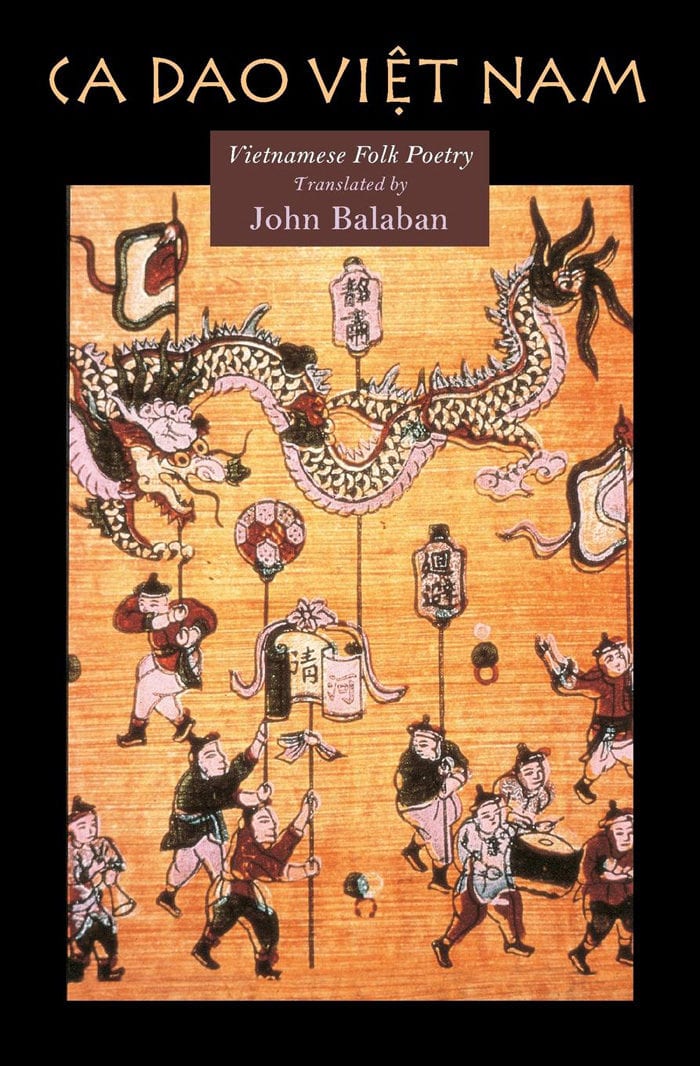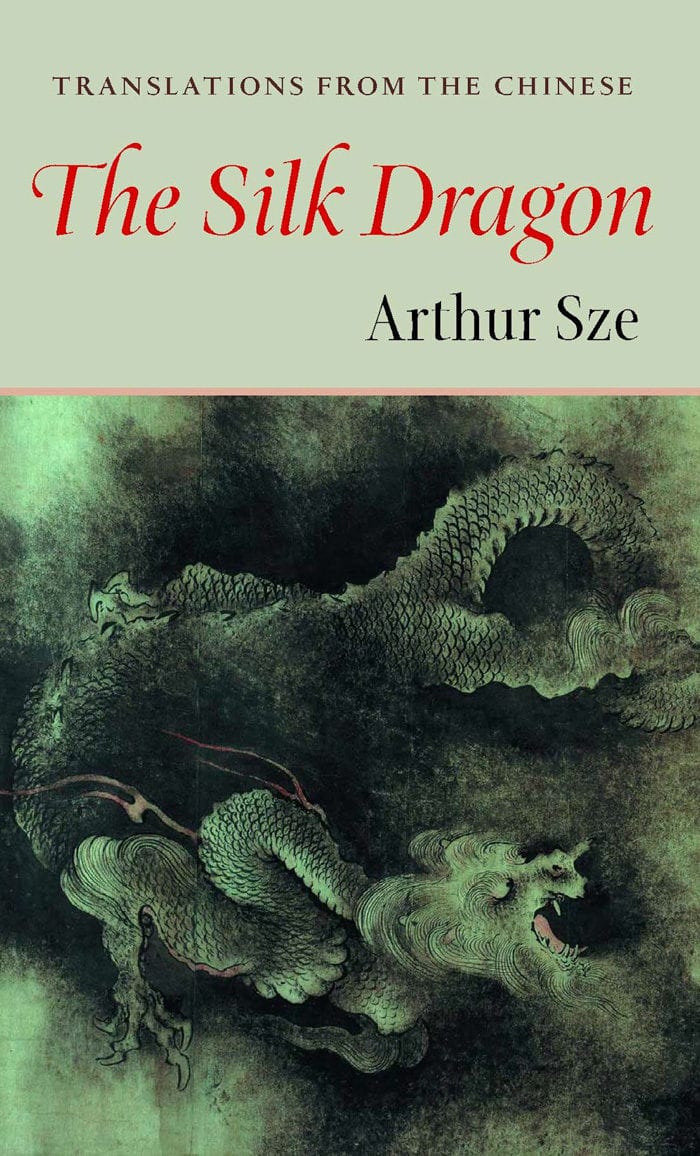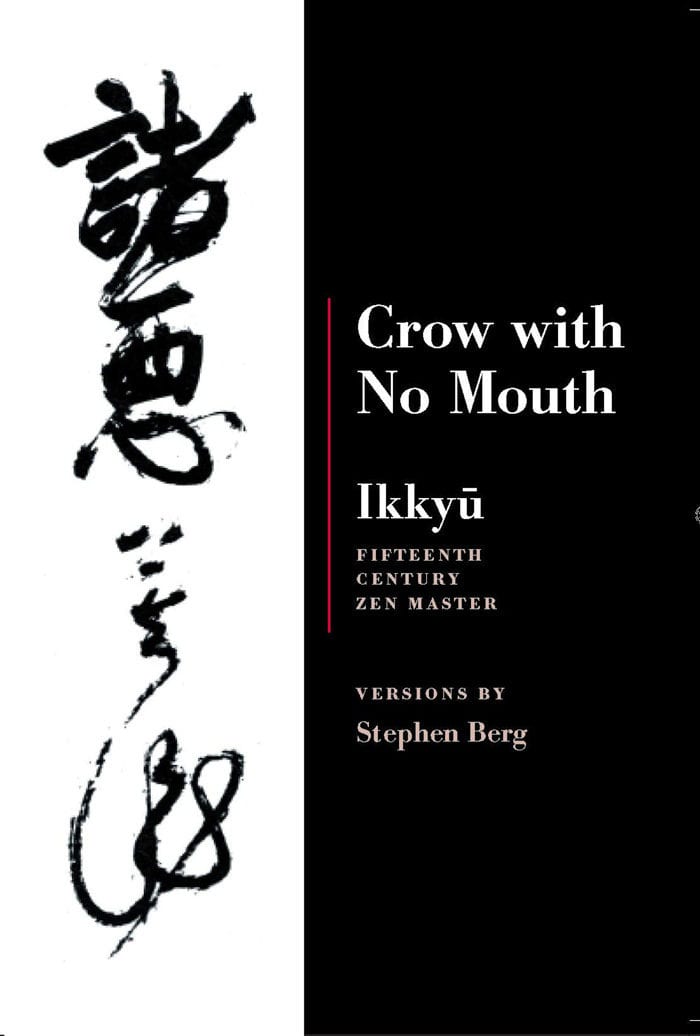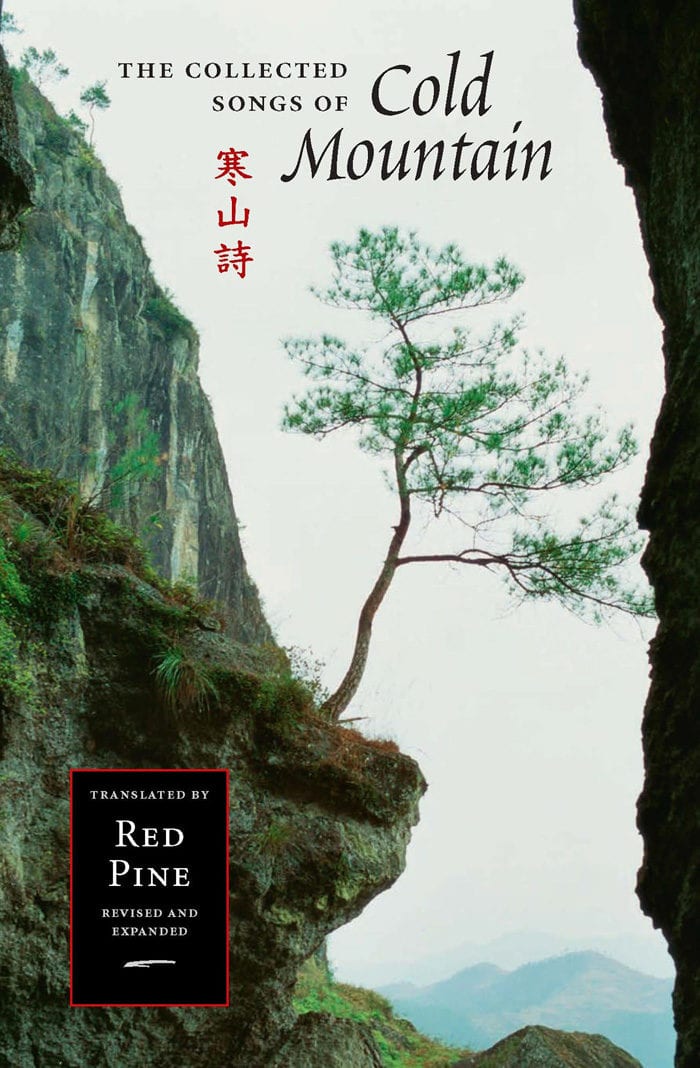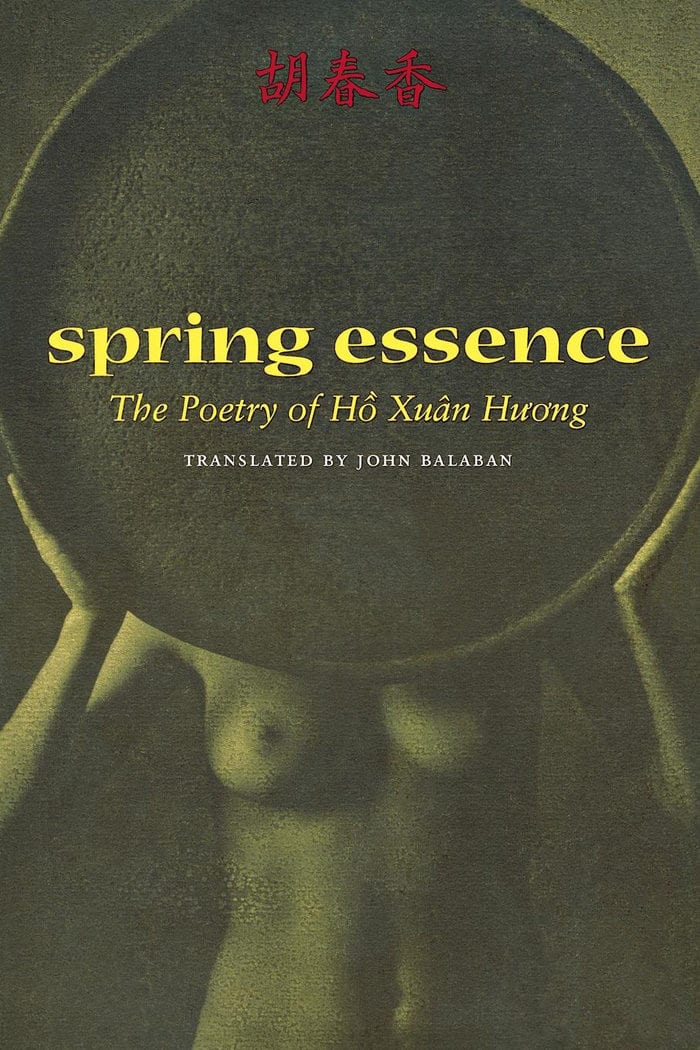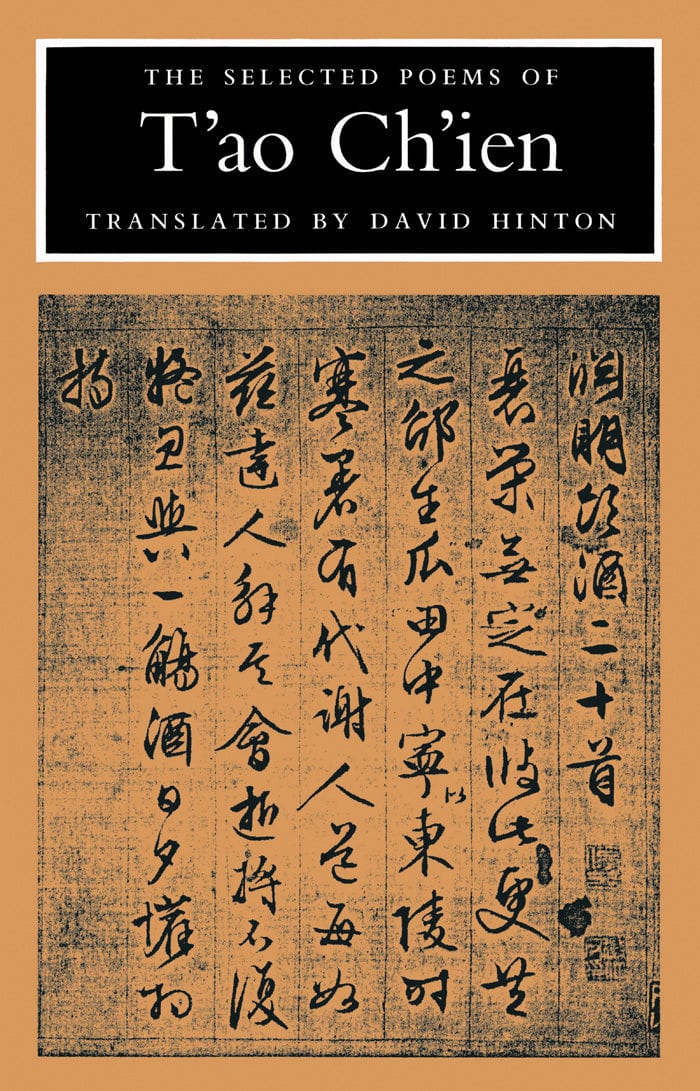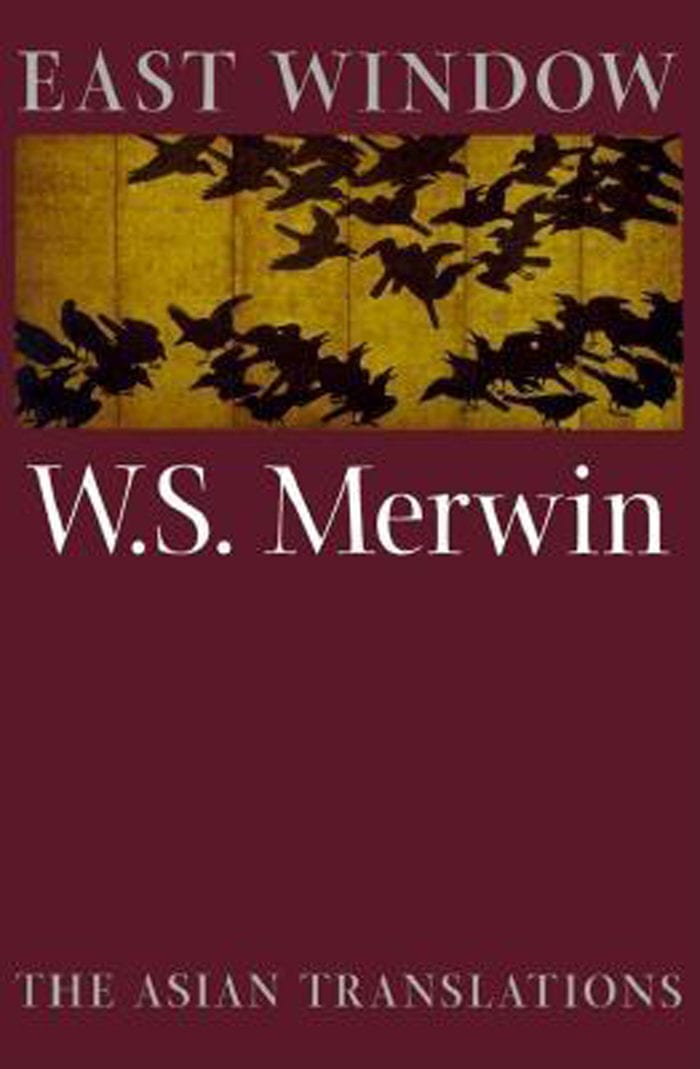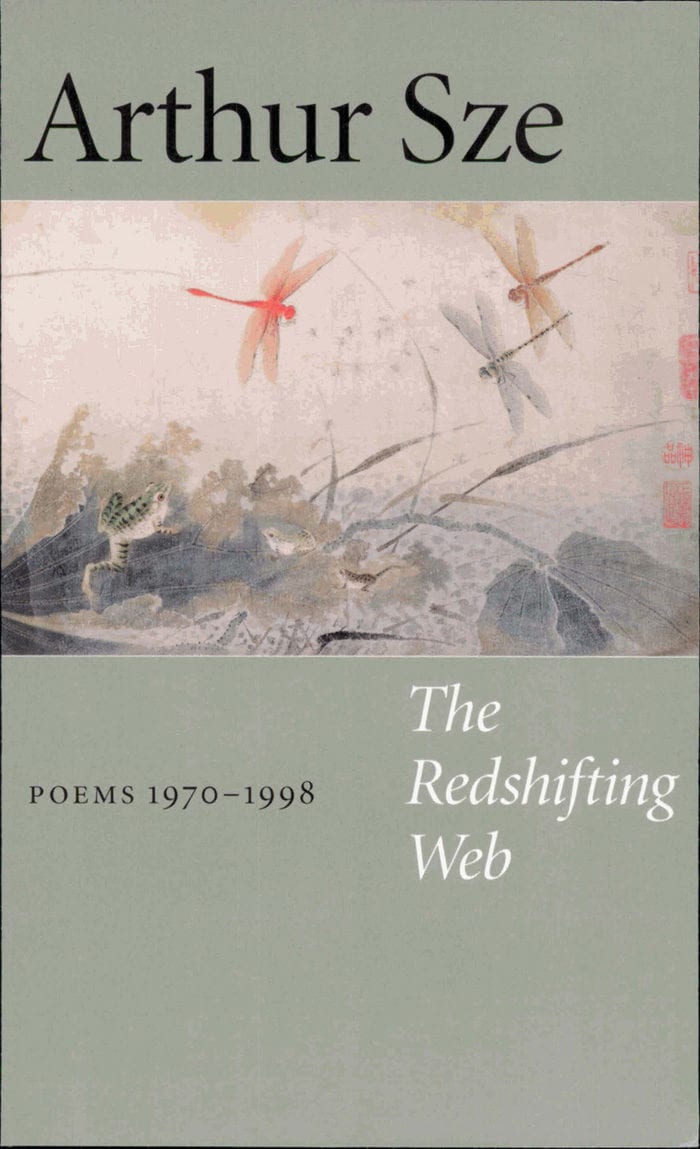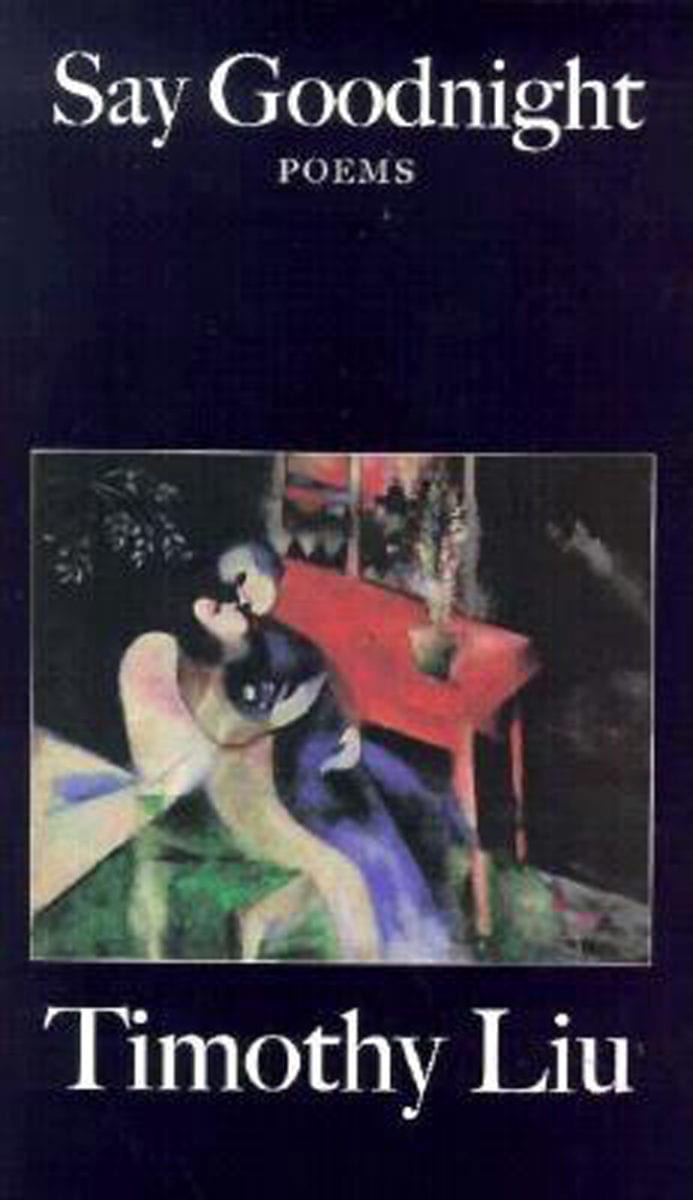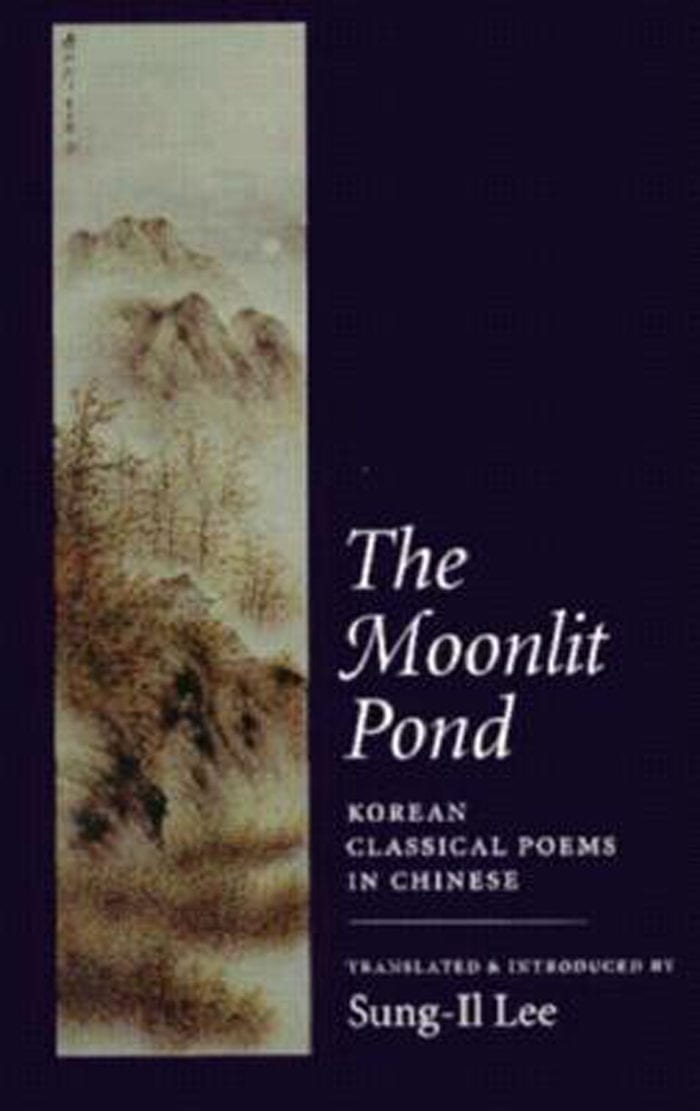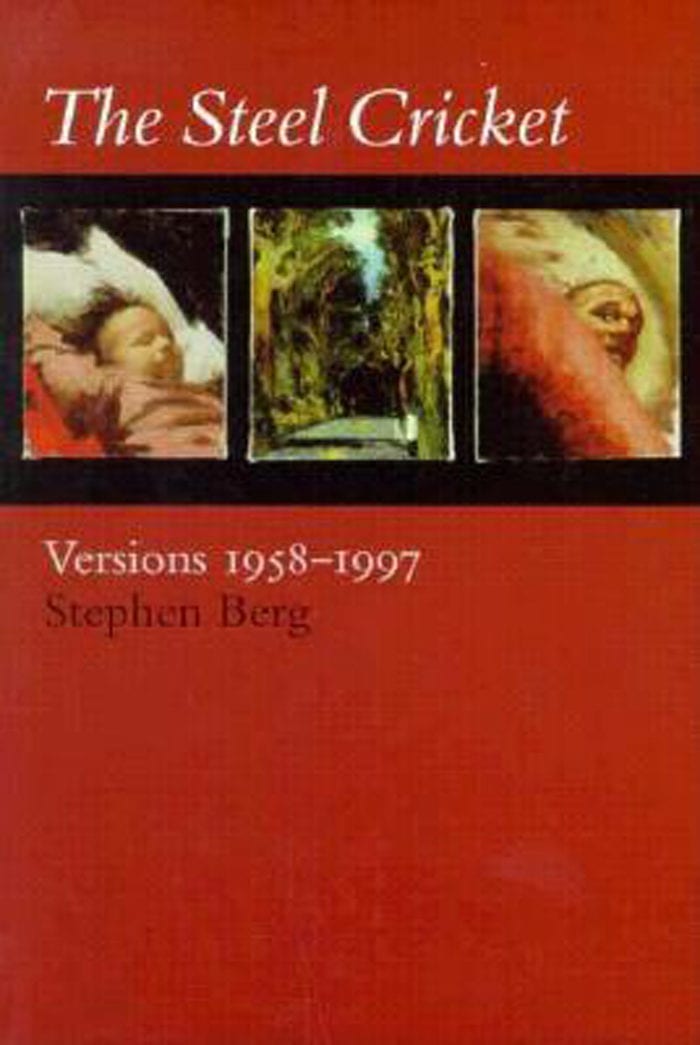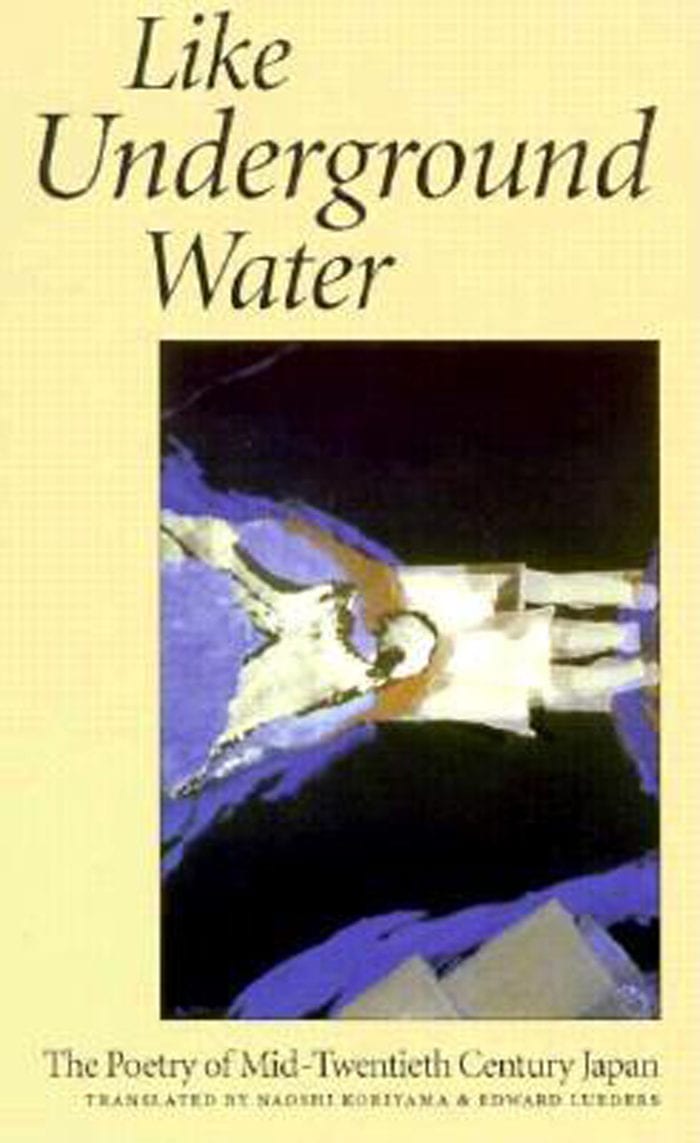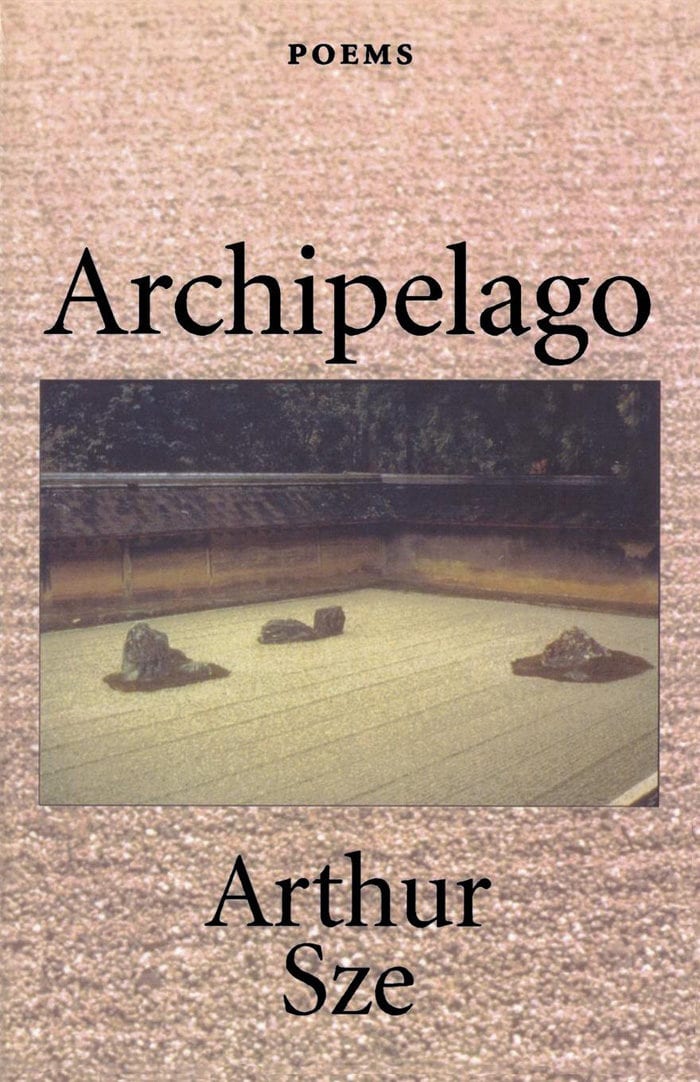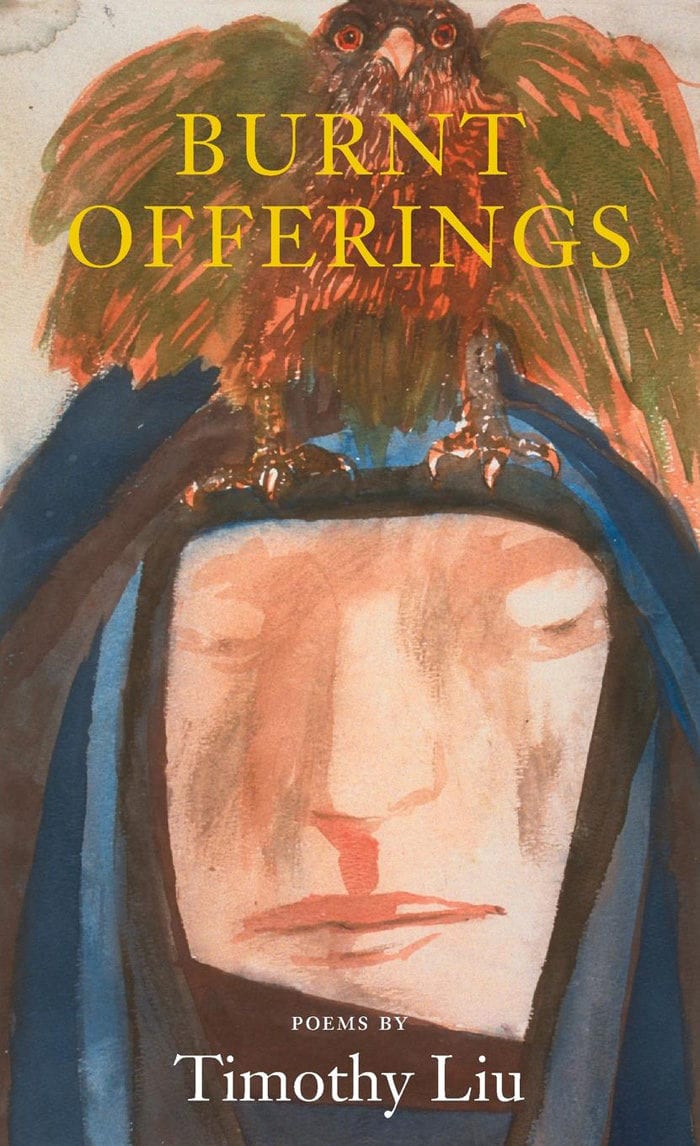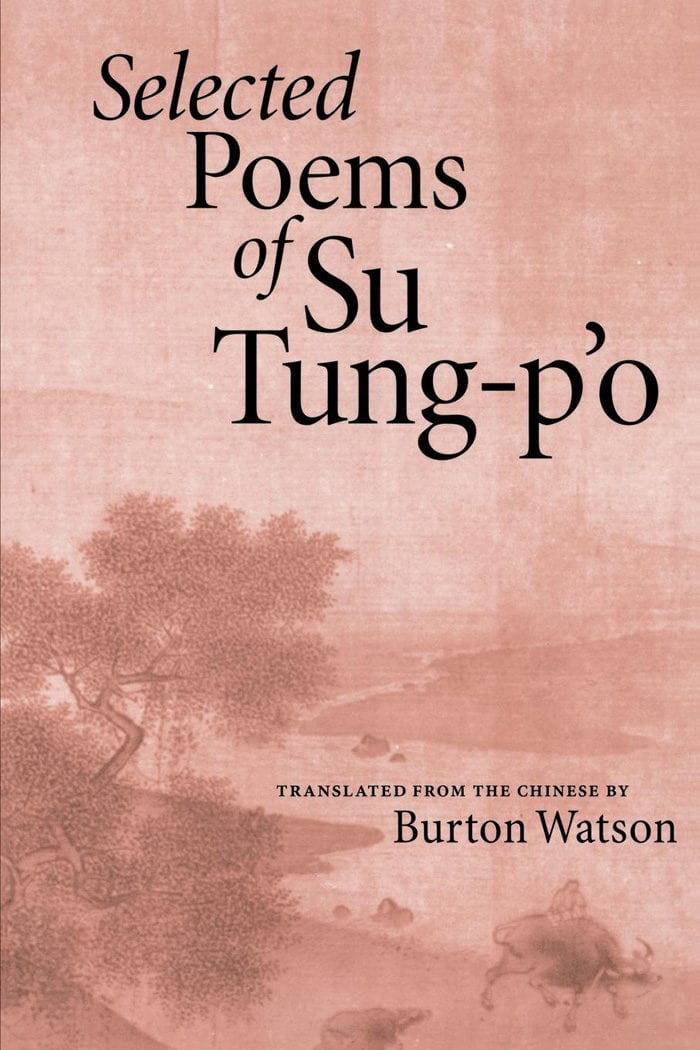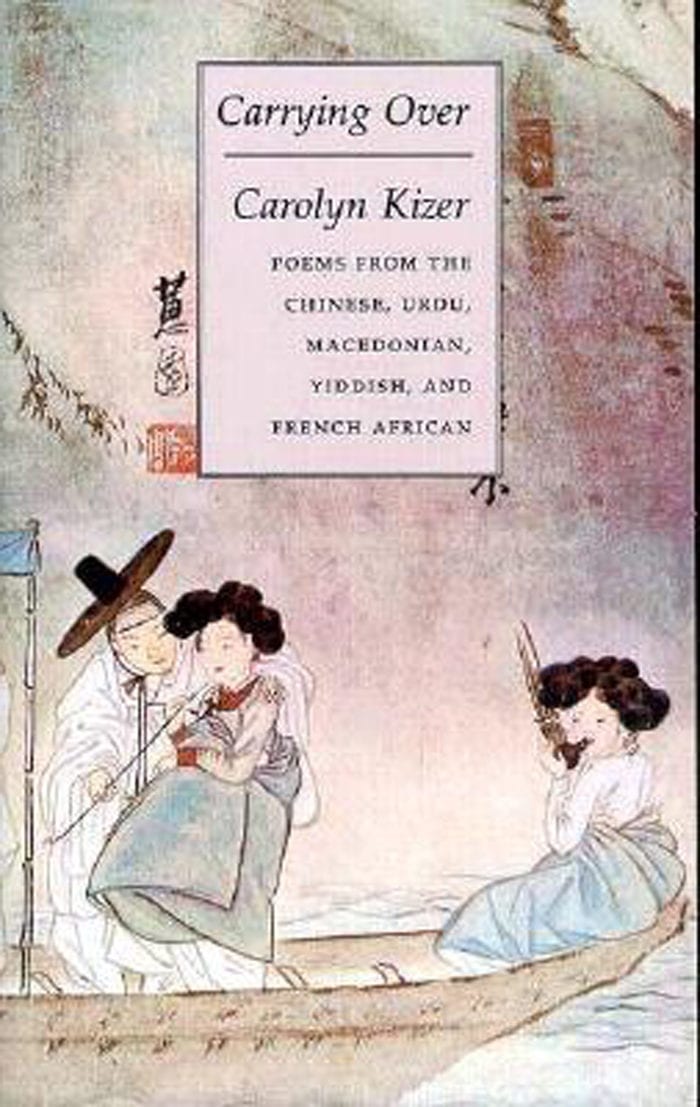Winner of the 2025 Bollingen Prize for American Poetry for Lifetime Achievement
Like wind on a lake, Arthur Sze’s twelfth book of poetry, Into the Hush, extends a language that ripples and stills, conjuring a cast of fruit trees and gunshots, butterflies and chemistry, animals and man. Drawing on a craft honed over decades of writing, these poems earn their profound simplicity, moving with imaginative power and emotional force.
2025 Pulitzer Prize Finalist
2024 National Book Critics Circle Award Finalist
Sprawling yet urgent, meditative yet lucid, the poems in Jennifer Chang’s anticipated third collection, An Authentic Life, offer a bold examination of a world deeply influenced by war and patriarchy. In dialogues against literature, against philosophy, and against God, Chang interrogates the “fathers” who stand at the center of history. Poems navigate wounds opened by explorations of family and generational trauma, and draw on the author’s experiences as a mother, as the daughter of immigrants, and as a citizen of our deeply divided nation.
National Book Award winner Arthur Sze is a master poet, and The Glass Constellation is a triumph spanning five decades, including ten poetry collections and twenty-six new poems. Sze began his career writing compressed, lyrical poems influenced by classical Chinese poetry; he later made a leap into powerful polysemous sequences, honing a distinct stylistic signature that harnesses luminous particulars, and is sharply focused, emotionally resonant, and structurally complex.
Winner of the 2025 Kingsley Tufts Poetry Award
In Jaswinder Bolina’s English as a Second Language and Other Poems, we are asked to imagine the tender and harsh realities of this world within a single breath. Coated in an armor of wit and humor and steeped in the idiosyncrasies of language, English as a Second Language pits sentimentality against cynicism and the personal against the national. What remains is the kaleidoscopic image of the modern American condition.
In 2018, Utah Poet Laureate Paisley Rekdal was commissioned to write a poem commemorating the 150th anniversary of the transcontinental railroad. The result is West: A Translation—an unflinching hybrid collection of poems and essays that draws a powerful, necessary connection between the railroad’s completion and the Chinese Exclusion Act (1882–1943). Carved into the walls of the Angel Island Immigration Station, where Chinese migrants to the United States were detained, is a poem elegizing a detainee who committed suicide. As West translates this anonymous Chinese elegy character by character, what’s left is a haunting narrative distilled through the history and lens of transcontinental railroad workers, and a sweeping exploration of the railroad’s cultural impact on America.
Shuri Kido, known as the “far north poet,” is one of the most influential contemporary poets in Japan. Names and Rivers brings the poems of Shuri Kido to readers in North America for the first time, thanks to star translator team Tomoyuki Endo and Pulitzer Prize winner Forrest Gander. Drawing influence from Japanese culture and geography, Buddhist teachings, and modernist poets, Kido presents a mesmerizing view of the world and our human position in it.
In Shangyang Fang’s debut Burying the Mountain, longing and loss rush through a portal of difficult beauty. Absence is translated into fire ants and snow, a boy’s desire is transfigured into the indifference of mountains and rivers, and loneliness finds its place in the wounded openness of language.
“We are homesick everywhere,” writes Tishani Doshi, “even when we’re home.” With aching empathy, righteous anger, and rebellious humor, A God at the Door calls on the extraordinary minutiae of nature and humanity to redefine belonging and unveil injustice. In an era of pandemic lockdown and brutal politics, these poems make vital space for what must come next―the return of wonder and free movement, and a profound sense of connection to what matters most.
Chosen as the winner of the 2021 APR/Honickman First Book Prize by Guggenheim Fellow Ada Limón, Natasha Rao’s debut collection Latitude abounds with sensory delights, rich in colors, flavors, and sounds. These poems explore the complexities of family, cultural identity, and coming of age. By turns vulnerable and bold, Latitude indulges in desire: “In my next life let me be a tomato/lusting and unafraid,” Rao writes, “…knowing I’ll end up in an eager mouth.”
After her mother died, poet Victoria Chang refused to write elegies. Rather, she distilled her grief during a feverish two weeks by writing scores of poetic obituaries for all she lost in the world. In Obit, longlisted for the 2020 National Book Award in Poetry, Chang writes of “the way memory gets up after someone has died and starts walking.”
In this staggering poetry debut, Monica Sok illuminates the experiences of Cambodian diaspora and reflects on America’s role in escalating the genocide in Cambodia. A Nail the Evening Hangs On travels from Phnom Penh to Siem Reap, where Tuol Sleng and other war museums reshape the imagination of a child of refugees; to New York City and Lancaster, where the dailiness of intergenerational trauma persists on the subway or among the cornfields of a small hometown.
MacArthur Fellow Lewis Hyde and painter Max Gimblett collaborate to create a modern American version of the twelfth-century Chinese “Oxherding Series.” As Lewis Hyde writes, “There are ten drawings, the first of which shows a young herder who has lost the ox he is supposed to be tending. In subsequent images he finds the ox’s tracks, sees the beast itself, tames it, and rides it home. In the seventh drawing the ox disappears… it was a metaphor for something, not to be mistaken for the thing itself.”
Nightingale is a book about transformation. By radically rewriting myths central to Ovid’s Metamorphoses, Paisley Rekdal contemporizes Ovid’s tropes of violence, dismemberment, silence, and fragmentation. A series of connected poems trace the continuing effects of sexual violence and rape on survivors, where nightmares mix with images of empathy, and hope emerges from the dark forest of memory.
In his National Book Award-winning tenth collection Sight Lines, Arthur Sze lends the reader his prismatic lens, rendering contemporary reality in stunning complexity. Moments of grace, eros, and beauty are braided with shudders of terror and threats of ecological destruction, as Sze moves nimbly through intersections of the disparate and divergent.
Ocean Vuong’s first full-length collection aims straight for the perennial “big”—and very human—subjects of romance, family, memory, grief, war, and melancholia. None of these he allows to overwhelm his spirit or his poems, which demonstrate, through breath and cadence and unrepentant enthrallment, that a gentle palm on a chest can calm the fiercest hungers.
After a failed push for political reform, the greatest prose writer of the T’ang era, Liu Tsung-yuan, was exiled to the southern reaches of China. Thousands of miles from home and freed from the strictures of court bureaucracy, he turned his gaze inward and chronicled his estrangement in poems. Appended with thoroughly researched notes, an in-depth introduction, and the Chinese originals, Written in Exile presents the long-overdue introduction of a legendary T’ang poet.
In her third collection of poetry, Tishani Doshi addresses violence against women by giving bodies abused and silenced a chance to speak at last. Of and for the women that live on, she writes with bold reverence for that which thrives despite the odds—female desire, the aging body, the power of refusal.
In her fourth collection, Victoria Chang is at her best, performing sharp language-play and breathless turns in poems that ring vivid, humorous, and true. Barbie Chang is an energetic social commentary whose eponymous heroine is a perpetual outsider, failing at the impossible task of fitting in with “the beautiful thin mothers at school” who “form a perfect circle.”
Paisley Rekdal’s fifth volume of poetry employs multitudinous voices—or vessels—real and imagined: personas and identities that have been manufactured, manipulated, perhaps silenced. A master of precision and sonic beauty, Rekdal studies how public identities become the sites for our own intellectual reductions and emotional reenactments of history—inviting us to consider what constitutes a public monument and how we might simultaneously interrogate and document our times.
To pay homage to China’s greatest poets, renowned translator Bill Porter—who is also known by his Chinese name “Red Pine”—traveled through China visiting dozens of poets’ graves and performing idiosyncratic rituals that featured Kentucky bourbon and reading poems aloud to the spirits. Combining travelogue, translations, history, and personal stories, this intimate and fast-paced tour of modern China celebrates inspirational landscapes and presents translations of classical poems, many of which have never before been translated into English.
In her second book of poetry—and her American debut—Tishani Doshi returns to the body as a central theme, while extending beyond the corporeal to challenge the more metaphysical borders of space and time. These new poems are powerful meditations born on the joineries of life and death, union and separation, memory and dream, where lovers speak to each other across the centuries and daughters wander into their mothers’ childhoods.
Just as the compass rose points to the cardinal directions and is a psychic image and navigational symbol, Arthur Sze’s new poems chart the ever-shifting terrain of our dizzying, contemporary world with masterful precision, imaginative force, and deep emotion. In Compass Rose, he offers a significant departure from his previous books, employing multiple voices to guide us through wonderful and complicated perspectives.
The Zen master and mountain hermit Stonehouse—considered one of the greatest Chinese Buddhist poets—used poetry as his medium of instruction. Near the end of his life, monks asked him to record what he found of interest on his mountain, and Stonehouse delivered to them hundreds of poems and an admonition: “Do not to try singing these poems. Only if you sit on them will they do you any good.”
Weaving between the personal and cosmic “I,” Hu’s lyrics seek the greenhouse—a place of saturation and growth—as a poetic space to cultivate new modes through which our common language can once again illuminate and guide (lighthouse) existence and experience. The collection is full of longing for connection with others and something greater than our referential selves, while refusing to name or define what exactly is sought or how to reach it.
Long out of print, this reissue is the first translation into English of the work of Musō Soseki, the thirteenth-century Zen rōshi and founder of the rock garden. A gorgeous introduction by co-translator W.S. Merwin sets the stage for 130 poems and six letters to the emperor that combine delicacy and lightness with penetrating plainness. Essential for poets, gardeners, and students of Zen.
From master translator W.S. Merwin comes Collected Haiku of Yosa Buson, the first complete bilingual translation of the entire Buson Kushu (Buson Collection, 1899), a comprehensive collection of the haiku of Yosa Buson (1716–83), originally published in Japan in the mid-eighteenth century. Merwin and Takako Lento worked for nearly a decade to translate these poems, filled with resonant philosophical inquiry and wisdom about the natural world, in an English as luminous as the original Japanese.
In Brenda Shaughnessy’s Our Andromeda, playful musicality and deadpan humor meld with blunt questions and a plea for an alternate galaxy in which merciful do-overs are possible. In this imagined world, the speaker has a band of sisters, “enough to fight with and still / have plenty to confess to”; access to past and future selves; and, finally, a chance to protect her newborn baby from irrevocable harm.
John Yau engages art criticism, social theory, and syntactical dexterity to confront the problems of aging, meaning, and identity. Insisting that “true poets and artists know where language ends, which is why they go there,” Yau presses against the limits of language, creating poems that are at once cryptic, playful, and insightful.
First published in AD 1238, Guide to Capturing a Plum Blossom is considered the world’s earliest-known printed art book. This bilingual edition contains the one hundred woodblock prints from the 1238 edition and calligraphic Chinese poems, alongside graceful translations and illuminating commentaries by esteemed translator Red Pine.
Forty-nine of China’s finest contemporary poets are represented in this luminous bilingual anthology, produced as part of the National Endowment for the Arts’s International Literary Exchanges. Profoundly influenced by the Cultural Revolution, the poets’ work reflects the turmoil of that time—from the blunt and sharply focused political work of Bai Hua and Yu Jian to the hermetic images and landscapes of the Misty poets.
Lao-tzu’s Taoteching is an essential volume of world literature, and Red Pine’s beautifully nuanced English translation—updated and reissued, published with the Chinese text en face—is the most authoritative version of this important text. What distinguishes this volume is its commentary: here as well are the voices of scores of poets, monks, recluses, adepts, scholars, and emperors.
Born into an aristocratic family in decline, Wei Ying-wu (737–791)—ranked alongside such Tang dynasty masters as Tu Fu, Li Pai, and Wang Wei—served in several government posts without distinction. He disdained the literary establishment of his day and fashioned a poetic style counter to the mainstream: one of profound simplicity centered in the natural world. Yet only a handful of his poems had ever been translated into English.
Something has happened here: an empire has gone to seed, an entire country goes on strike, people begin eating dirt and flowers, and a couple lives on a riverboat to avoid the ground. In Mine, Tung-Hui Hu makes myths out of the personal. He speaks of desire and awkwardness and the earth that contains both. Resonant, blunt, and sharply intelligent, this is writing that excavates.
This endlessly fascinating anthology—the first of its kind—gathers essays, poems-in-translation, and worksheets from twenty-one noted translators who discuss their aspirations, methods, and the forces of imagination necessary to bring a poem from one language into another. Languages discussed include Chinese (both ancient and modern), Japanese, Korean, Vietnamese, Khmer, and Sanskrit.
Arthur Sze approaches translation of Chinese poetry as an award-winning poet who was raised in a bilingual setting. Here Sze has gathered over 70 poems by poets who have had a profound effect on Chinese culture, American poetics, and Sze’s own maturation as an artist. Silk Dragon features poets who have become literary icons to generations of Chinese readers and scholars; included are the poems of the great, rarely translated female poet Li Ching Chao, and the remorseful exile poems of Su Tung-p’o.
When Zen master Ikkyū Sōjun (1394-1481) was appointed headmaster of the great temple at Kyoto, he lasted nine days before denouncing the rampant hypocrisy he saw among the monks there. He was a rebel genius who dared to defy authority and despised corruption. Although he lived during times plagued by war, famine, rioting, and religious upheaval, his writing and music prevailed, influencing Japanese culture to this day. His work is translated here by poet Stephen Berg.
This definitive translation of Han Shan (Cold Mountain) is presented in a handsome bilingual Chinese-English format. Included alongside this classic work are extensive notes, a preface by renowned translator Red Pine, a findings list, and photographs of the cave and surrounding area where Han Shan lived as one of the most revered poets in China.
John Balaban, an accomplished poet, has translated the poems of Hô Xuân Huong, an eighteenth century Vietnamese concubine who wrote subtly risque poems as a vehicle for social criticism and commentary. Hô Xuân Huong, whose name means “Spring Essence,” used her literary talent to defy the conventions of her time.
Gathered in this volume are translations and versions of poems and aphorisms from Asian languages as varied as Urdu, Chinese, Sanskrit, Japanese, Persian, and Vietnamese. Included are poems by some of the world’s greatest writers, deeply influential poets such as Rumi, Tu Fu, Li Po, and Musō Soseki, beautifully brought forward by W.S. Merwin, one of the century’s most celebrated poets.
A comprehensive selection of great poems by one of the most intensely musical and visionary poets writing today. This collection spans more than a quarter century of published work, including selections from five previous award-winning books, and makes available for the first time the full range of Sze’s remarkable poetry.
In his third collection of poems, Liu has extended his already considerable range in meticulous poems that are sometimes shocking, sometimes consoling, but consistently vivid in imagery and consequence. From the KKK to the third Century Chinese poet Lu Chi to the Hirshhorn Museum, Liu greets savagery and beauty alike with tender intelligence and a wise eye for revealing detail.
Unlike poetry written in the vernacular, classical Korean poetry was heavily influenced by the great poets of the Tang and Sung dynasties and was written in Chinese, while reflecting a perspective which was uniquely Korean. This is the first and only comprehensive anthology of classical Korean poetry to appear in English.
The Steel Cricket is a collection of “versions” of some of the world’s great, untranslated literature by Stephen Berg, who has established himself as a major American poet while exploring the boundaries between original verse and translations. These “versions” and translations aim to make accessible poetry from sources as diverse and intriguing as ancient Aztec, Chinese, and Inuit song, as well as the poetry of Miklós Radnóti and Rubén Darío among many others.
This is the first comprehensive anthology of post-World War II Japanese poetry. The poems trace the introduction and influence of western traditions such as symbolism, surrealism, Beat poetry and advances made by women poets, as well as presenting a deep response to Japan’s darkest moments and the remarkable regenerative powers of its postwar poets.
Archipelago was the winner of the 1996 American Book Award in Poetry. By turns spiritual and creative, meditative and active, Archipelago draws upon both Buddhist and Native American art and culture and is inspired by the Zen garden at Ryōan-ji. The fifteen poems, like stones set in a sea of raked gravel, are seen only within the context of a larger interdependence.
Exploring the interlocking forces of sexuality and spirituality, Burnt Offerings continues the trajectory of Liu’s first collection of poems, Vox Angelica, which won the Norma Farber First Book Award from the Poetry Society of America. Burnt Offerings was also a finalist for a Lambda Book Award in Gay Men’s Poetry.
One of the greatest poets of the Buddhist tradition, Su Tung-P’o (1037-1101) has been a model and source of inspiration for a millennium of Chinese and Japanese poets, and today his voice continues to influence and inspire. He wrote from direct, verifiable experience. Publishers Weekly celebrated this collection in a starred review, calling it “an extraordinary book of poems.”
